Are you tired of reading the same old budget travel tips that promise to save you a few bucks, but ultimately leave you feeling like you're missing out on the best experiences?
Well, I'm here to tell you that budget travel doesn't have to be boring or restrictive. In fact, I've travelled to some of the world's most exciting destinations on just $30 a day, and I'm going to share the details with you.
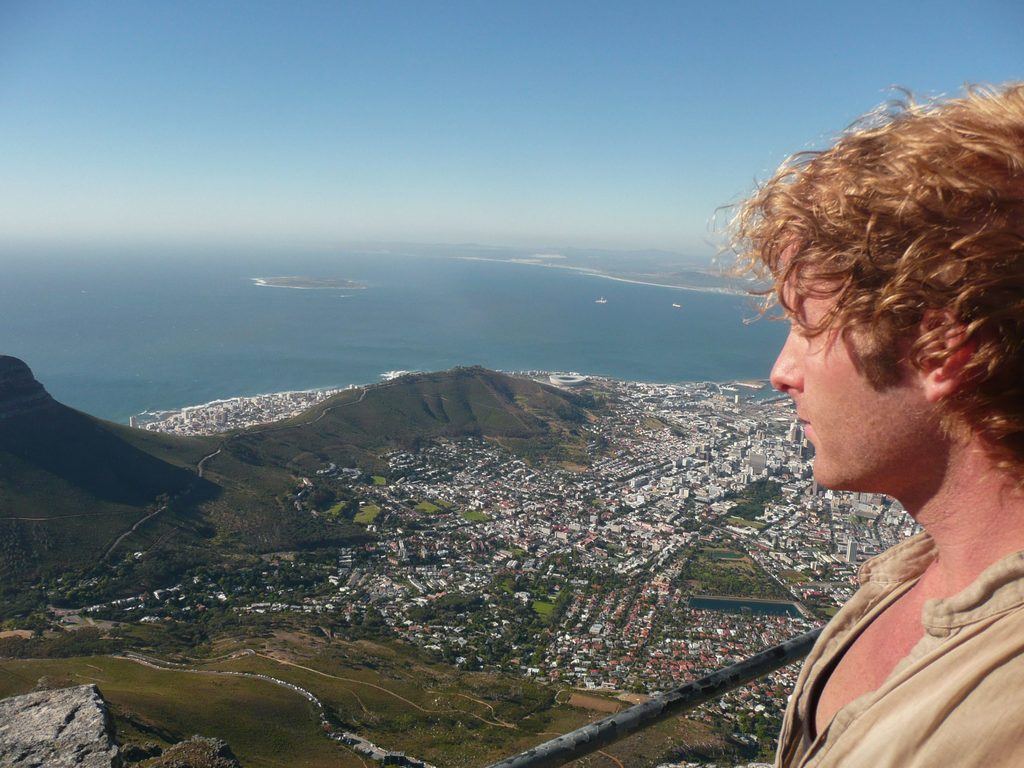
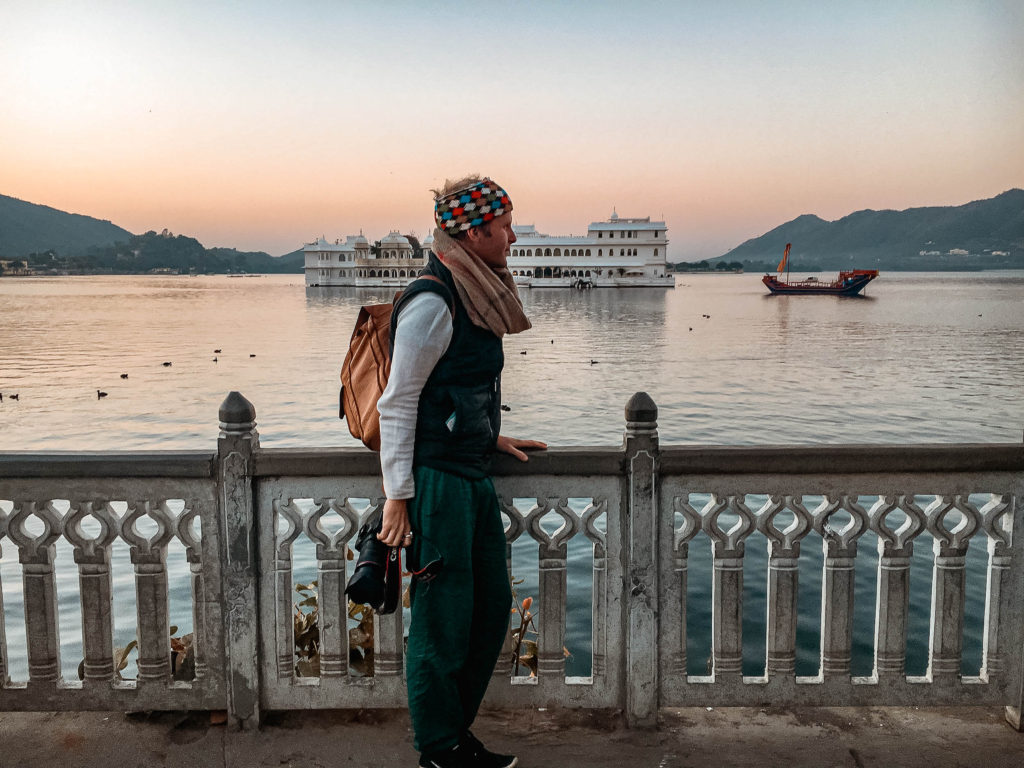
With my $30 a day travel recipe, you can explore exciting destinations and create unforgettable memories without breaking the bank. All it takes is a little planning, the right mindset, and an openness to new experiences.
Keep in mind that the daily budget may vary slightly depending on your destination and currency exchange rates, but with some flexibility and creativity, you can make it work.
With the right mindset and a little planning, you can explore new destinations without spending a fortune.
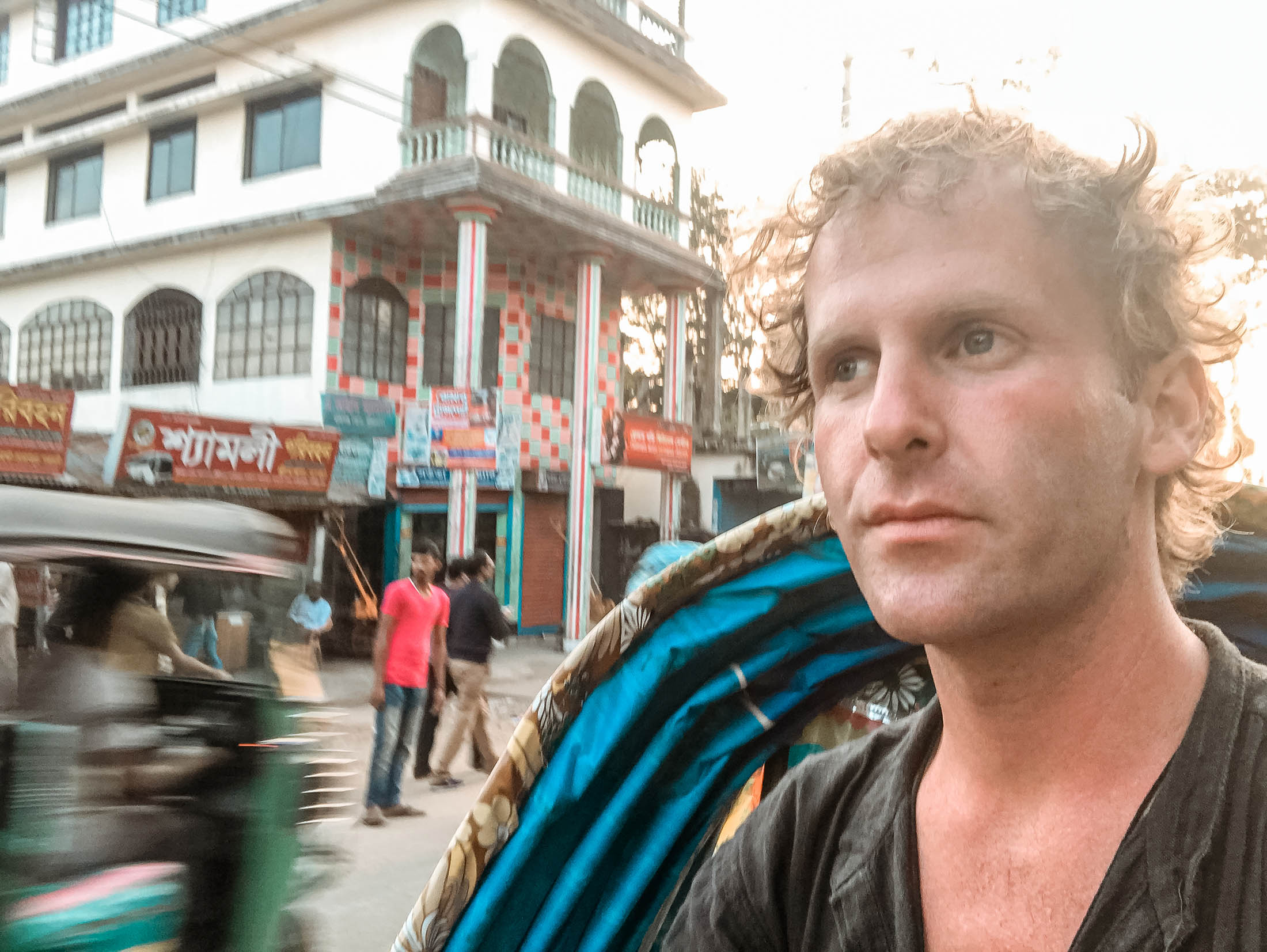
Let’s go.
Plan and prepare
By carefully planning and budgeting my trips, I was able to travel on $30 a day. I found cheap flights, accommodation, and activities (sometimes using online resources … but this was often in the days before apps and assistive technologies took over) and created a daily budget to ensure I stayed within my means.
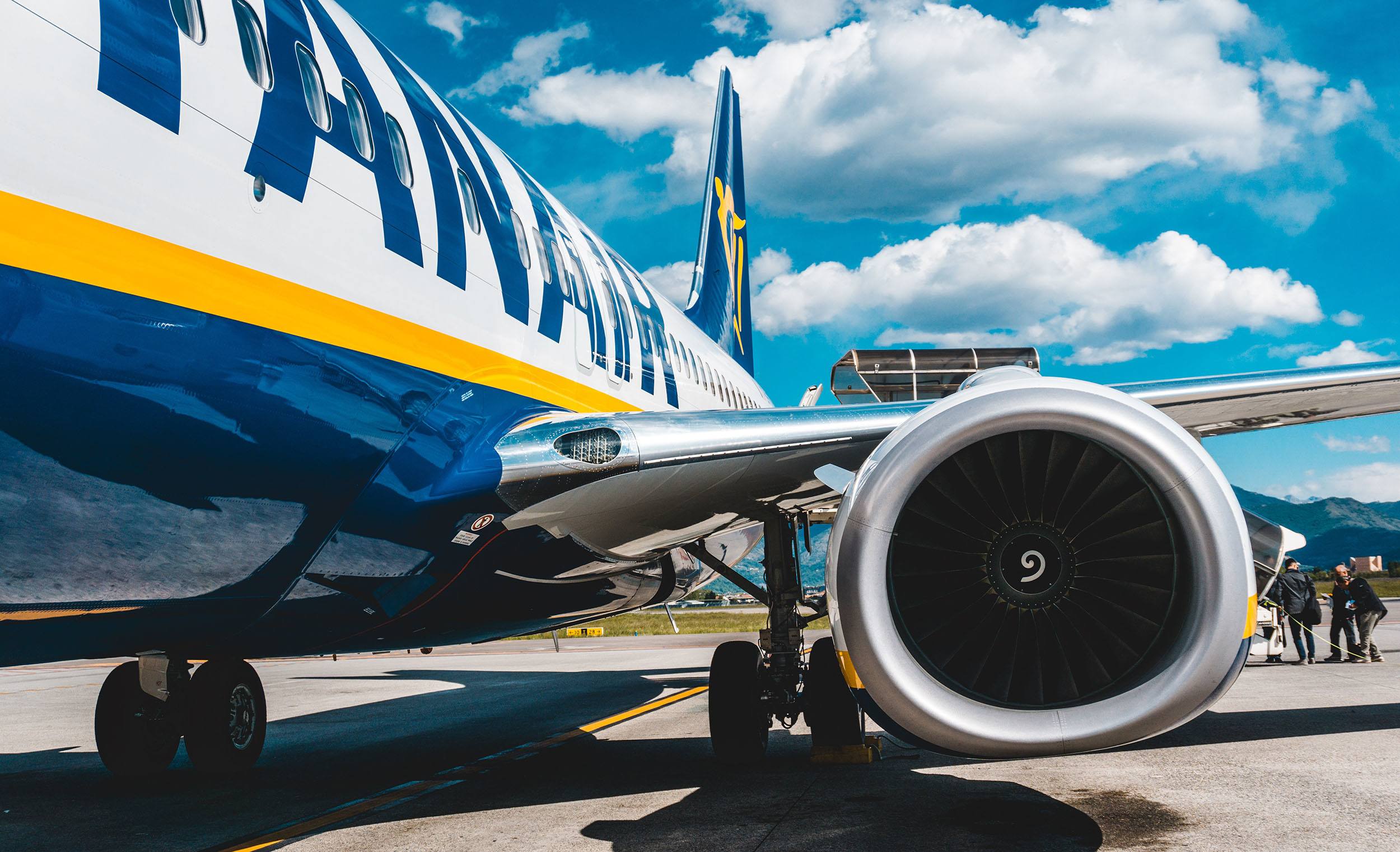
When it comes to budget travel, doing your research and planning ahead is crucial. Before embarking on your journey, research your destination thoroughly and plan your itinerary in advance. This not only helps you avoid last-minute expenses but also allows you to maximise your time at your destination.
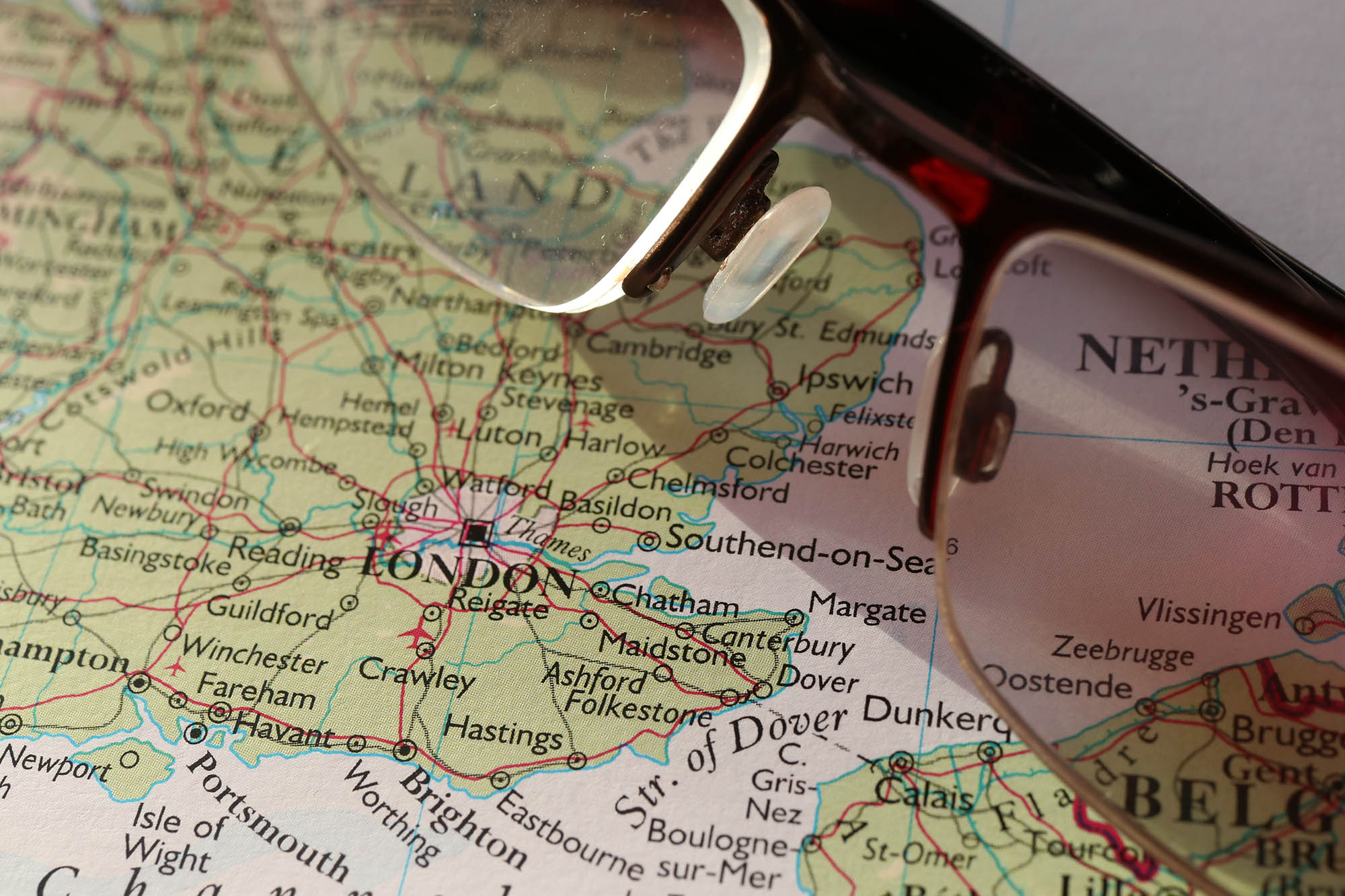
You can identify affordable accommodation, local transportation options, and free or low-cost activities to help you stick to your budget.
There are now apps and websites available that can help you plan and prepare for budget travel. The following are my go-to sites for planning:
Skyscanner
- A travel search engine that allows you to compare prices for flights, hotels, and car rentals across different providers. It has a great calendar view, helping you identify the cheapest days to fly.
Expedia
- A popular travel booking website that offers deals on flights, hotels, car rentals, vacation packages, and activities. It has a user-friendly interface and allows you to bundle your travel arrangements for additional savings.
- Expedia is a great option for budget-conscious travellers who want to save time and money on their travel planning.
Hostelworld
- A website that specialises in budget accommodation such as hostels, guesthouses, and budget hotels.
Airbnb
- A platform that allows you to rent unique accommodations from local hosts, including apartments, houses, and villas. It's an excellent option for budget travellers looking for a home away from home.
- Prices are often competitive and can be much cheaper than hotel, guesthouse and even hostel accommodation.
TrustedHousesitters
- A website that connects homeowners with trusted pet and house sitters. This is an excellent option for travellers who want to save on accommodation costs by exchanging pet or house-sitting services for a place to stay.
- There is an annual subscription fee, but you can sign up for as many house and pet sits as you please. If you’re flexible, this is a great option for saving money.
Couchsurfing
- This unique platform connects travellers with locals who are willing to host them for free. It’s a great way to meet new people, learn about the local culture, and save on accommodation costs.
Rome2riot
- A great tool that helps you plan your journey by showing you the different transportation options available, including public transportation, car rentals, and flights. It’s an invaluable website for travel planning.
TripAdvisor
- It offers user-generated reviews and ratings for accommodation, restaurants, and activities.
Lonely Planet Thorn Tree Travel Forums
- Sadly, the forums are no longer available; they were removed in 2020. However, in the future, I hope to see their return or the creation of a new travel forum site.
- The pearls of travel wisdom that had been provided for decades by travellers visiting the farthest reaches of the world, were invaluable in planning.
Facebook Travel Groups
- Facebook groups dedicated to travel provide a wealth of information about travel destinations, tips, and advice from experienced travellers.
- Joining these groups is an excellent way to connect with like-minded individuals and get insider knowledge about your next travel destination (including ways to travel on a shoestring budget).
In addition to using these resources, here are some additional strategies I’ve used over time to help me plan and prepare for budget travel:
Look for low-cost flights by booking in advance or using airline deals and promotions
- Airlines often offer discounts and promotions to attract customers. For instance, budget airlines such as Spirit, Easyjet, Jetstar and AirAsia, offer lower fares compared to full-service airlines (particularly if you book in advance).
- Websites like Skyscanner and Expedia also offer discounted fares and deals on flights.

Consider alternative accommodations such as hostels, Airbnb, homestays, or house sitting, instead of expensive hotels
- Hostels offer budget-friendly accommodation for travellers, especially those on a budget. Airbnb allows you to rent apartments, rooms, or even entire homes, often at a lower cost than traditional hotels.
- Homestays, where you stay with a local family, can provide an authentic cultural experience while also being affordable.
- Websites like Couchsurfing can help you find alternative accommodation options at next to no cost.
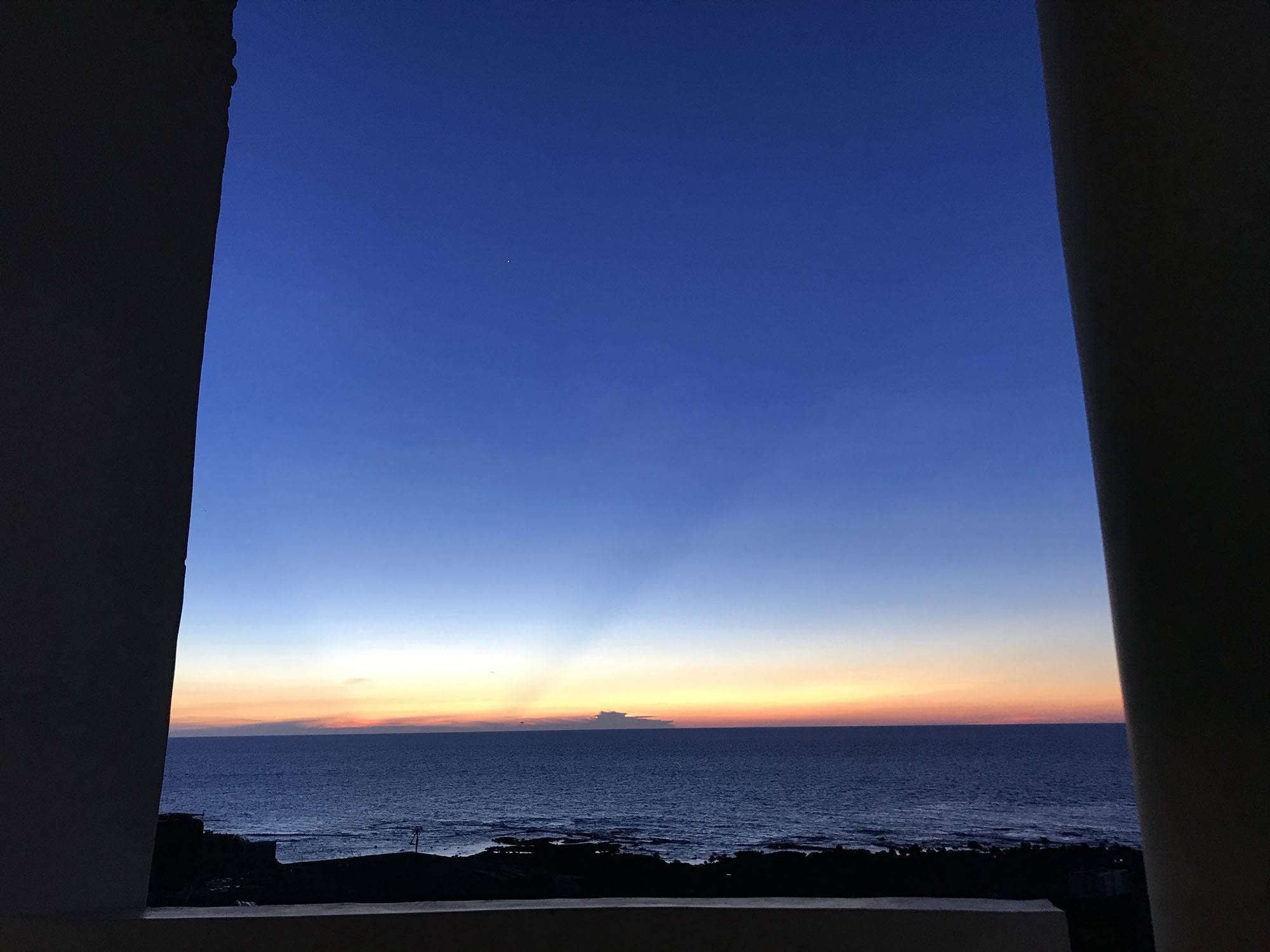
Research and use public transportation instead of taxis or ride-sharing services
- Public transportation is often the most cost-effective way to get around in a new city. Many cities have efficient subway, bus, or tram systems that connect major attractions and landmarks.
- Apps like Google Maps, Citymapper, and Maps.Me can help you navigate public transportation.
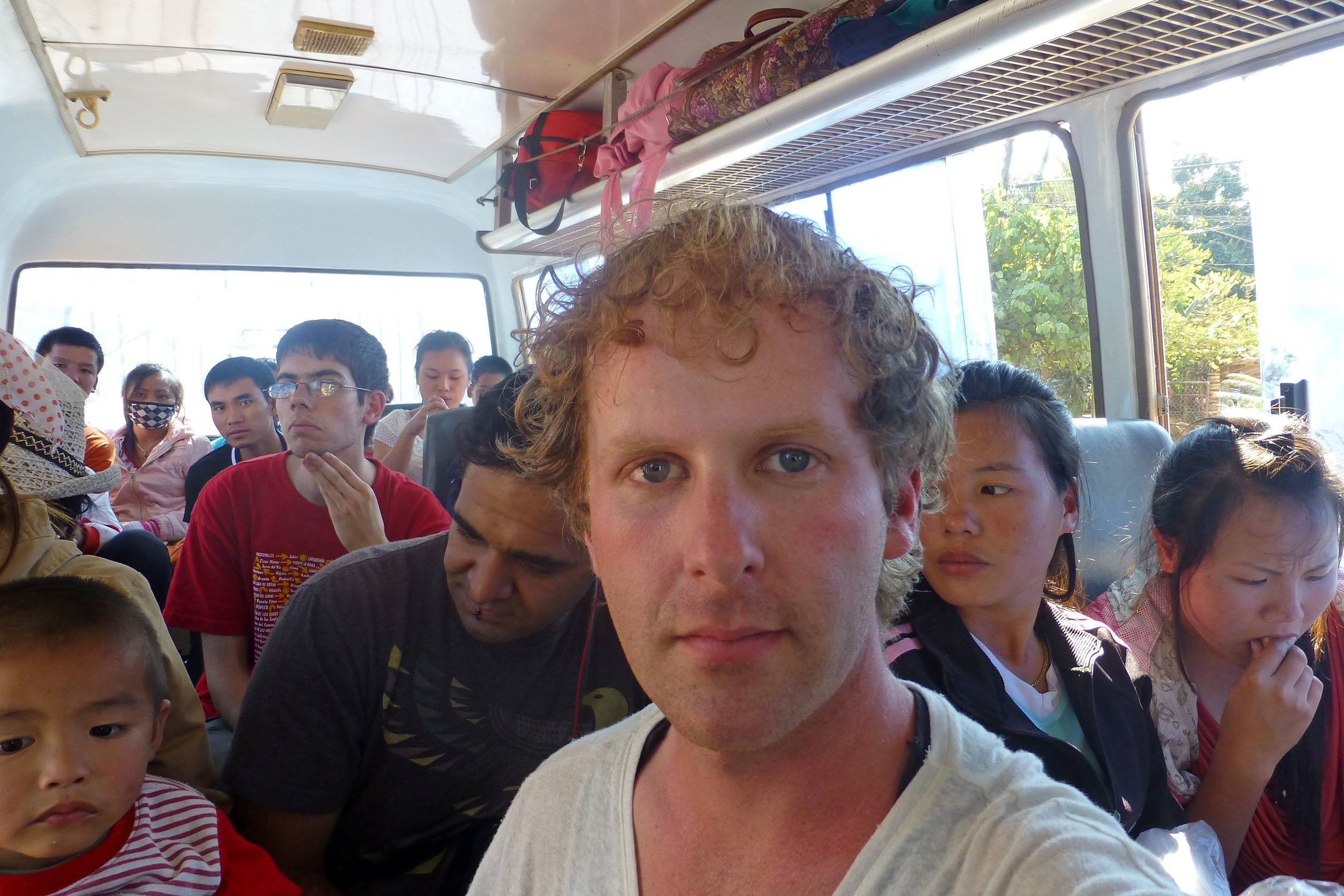
Identify local restaurants and avoid food options in touristy areas
- Touristy areas often have higher prices compared to local restaurants, which offer authentic cuisine and a more affordable dining experience.
- Look for local eateries and street food vendors to experience the local cuisine at a lower cost. Yelp and TripAdvisor can help with this.
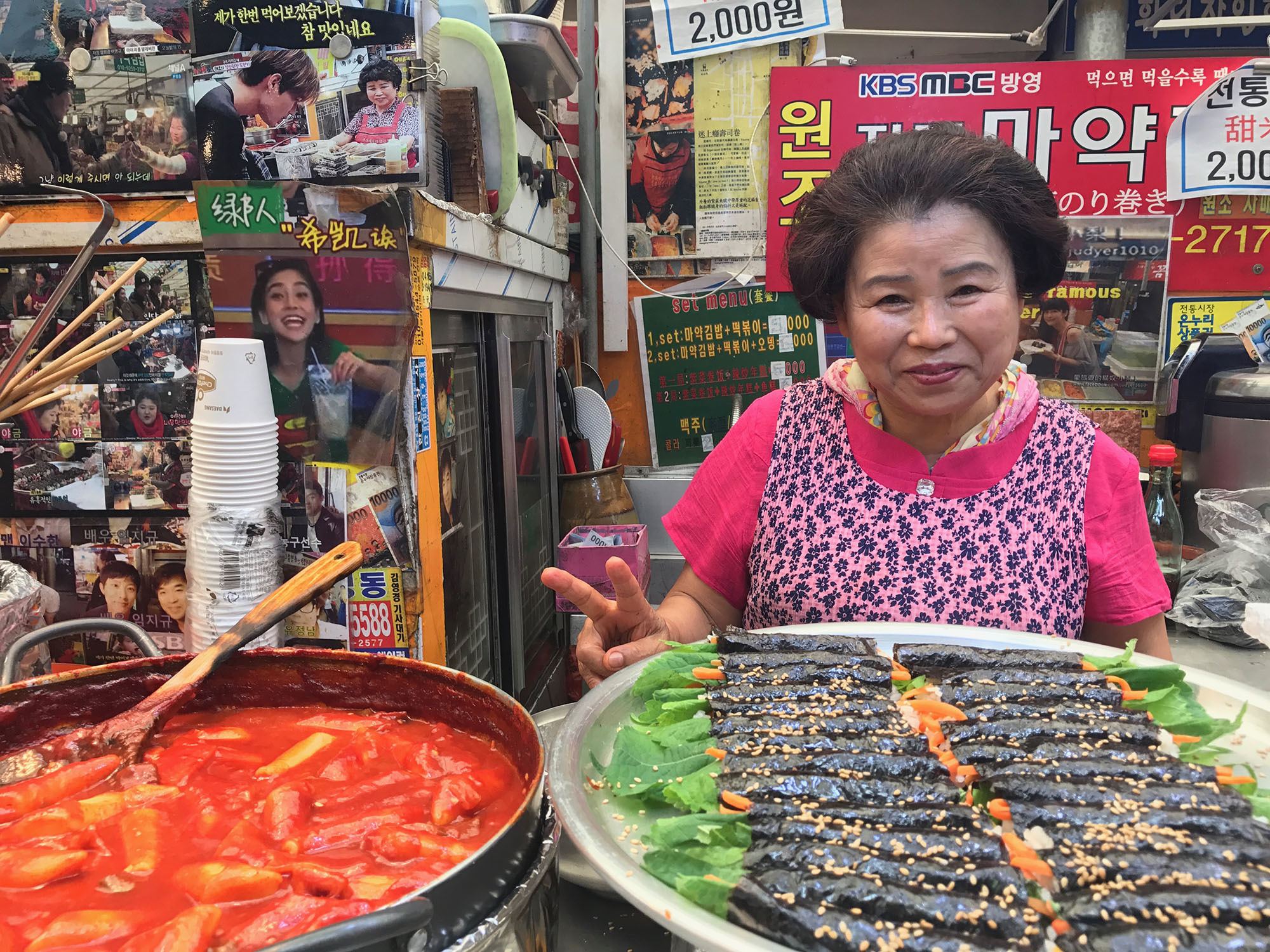
Pack light to avoid excess baggage fees and to be more mobile while travelling
- Excess baggage fees can be expensive and can add up quickly. Packing light not only saves you money but also makes it easier to move around and explore your destination (particularly if you are using a backpack, which makes getting on and off public transport than with a large suitcase).
- Consider using packing cubes to maximise space.
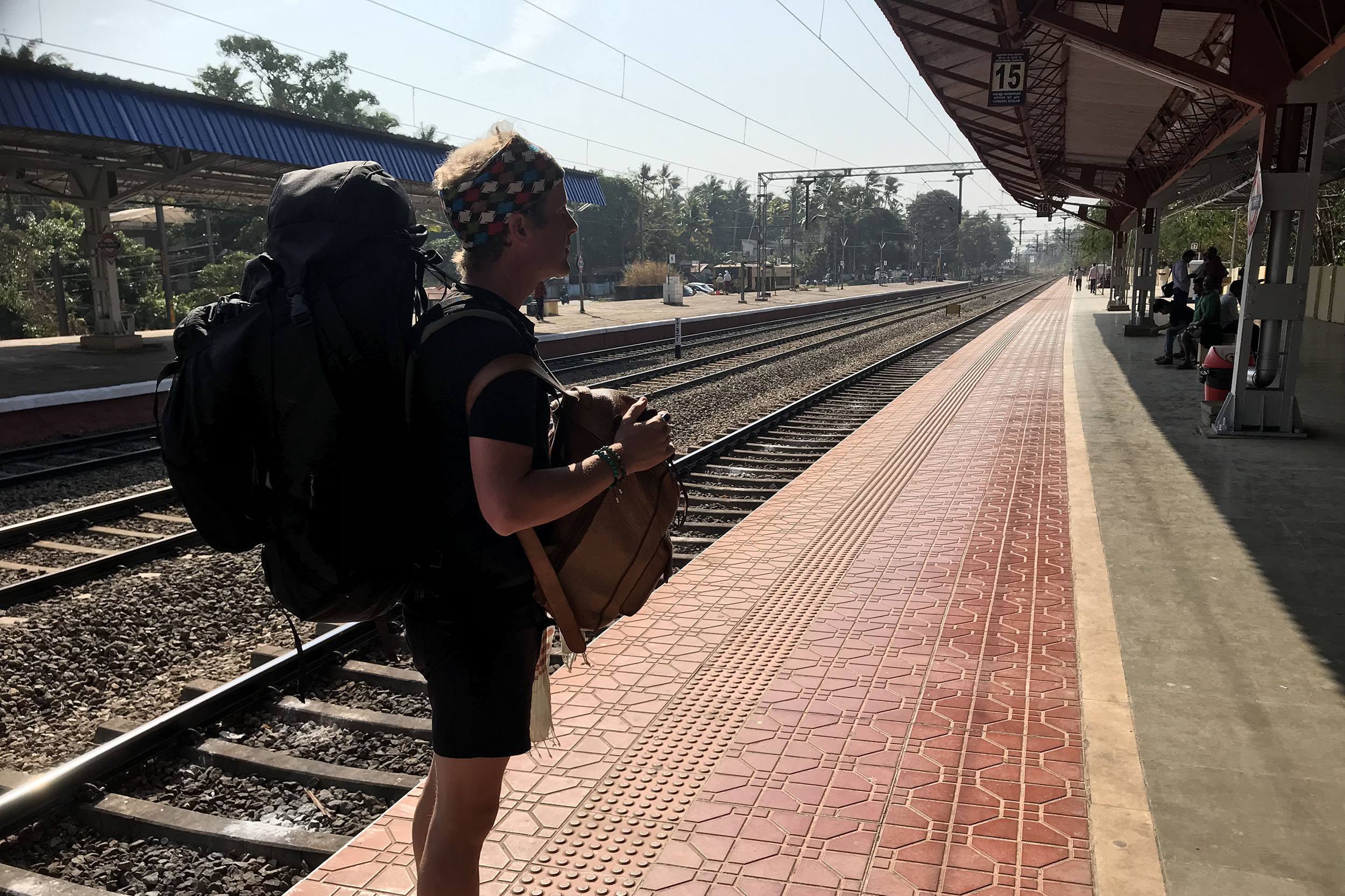
Connect with locals
- Connecting with locals can be a great way to get insider tips and recommendations for budget-friendly activities and places to eat. Consider reaching out to locals through social media or travel forums to get their recommendations.
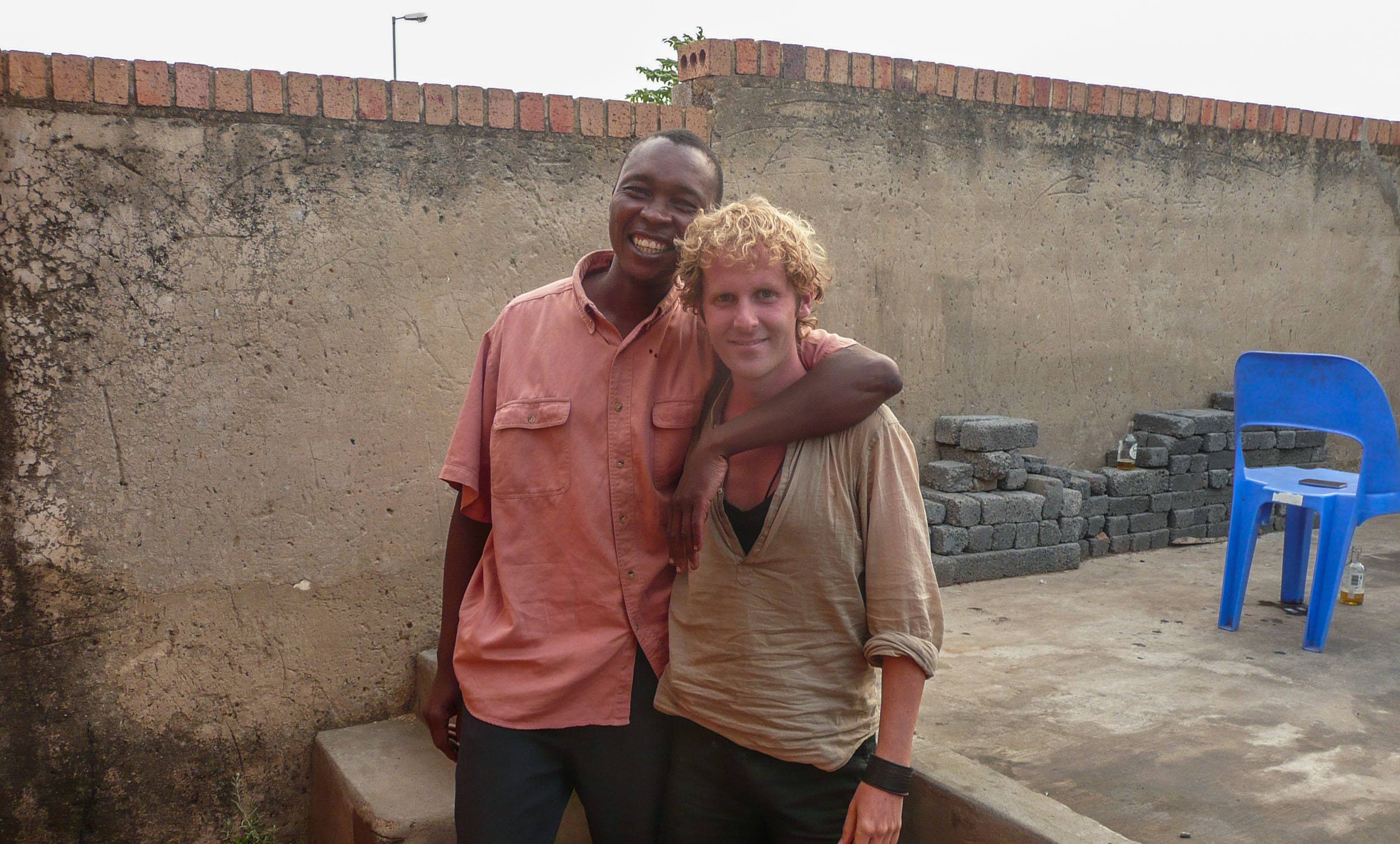
Be flexible
Being flexible with your travel dates is another important rule to follow. Flights, accommodation, and activities are typically more expensive during peak travel seasons and weekends.
Being open to travelling during off-peak seasons or weekdays can help you save money and avoid crowds. This could mean travelling during the shoulder season or even taking advantage of mid-week deals.
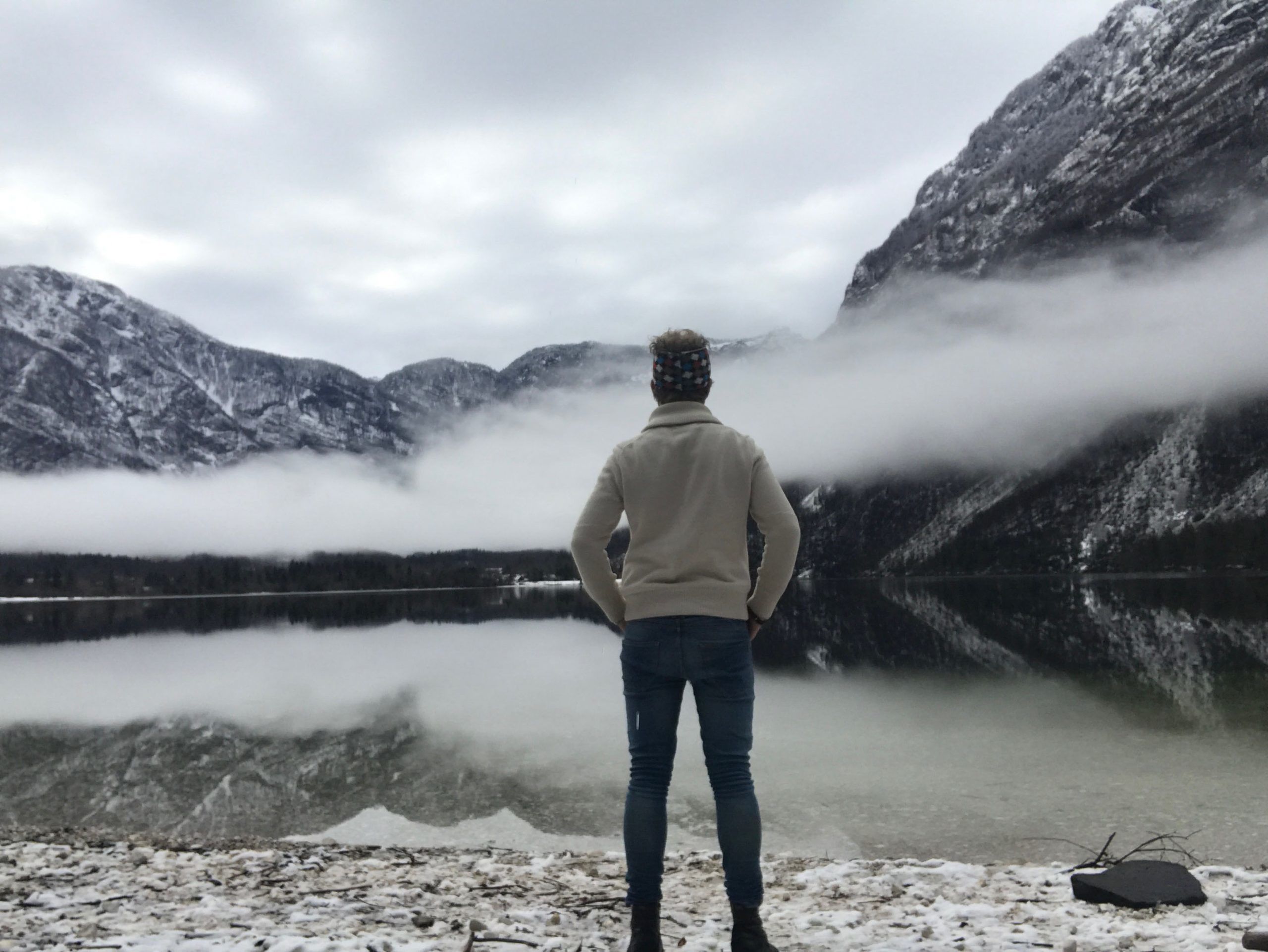
While I was living in London, earning a very meagre income, I had my heart set on seeing more of Western Europe’s big and beautiful cities. However, I knew my budget at the time wasn’t commensurate with the cost of accommodation and transportation.
Instead of giving up, I decided to be flexible and looked at Central and Eastern Europe. I found cheap flights to many destinations that, at the time, were gradually opening to tourism. So, I took advantage and headed to the East. I was not disappointed (and I saved a tonne of money in the process)!
Often times it meant travelling during winter, but going during a less popular season showcased surreal beauty and helped me avoid the crowds, which resulted in a more relaxed and enjoyable trip.

Being flexible with your travel plans can help you save money and discover unexpected destinations that may end up becoming some of your favourite travel memories.
So don't be afraid to switch things up and explore new possibilities when travelling on a budget!
Choose budget destinations
Choosing budget-friendly destinations is also key to travelling on a tight budget. Instead of popular tourist hotspots, consider exploring less-explored destinations that offer unique experiences and are budget-friendly.
Have you seen Southeast Asia? What about Central America? Eastern Europe?

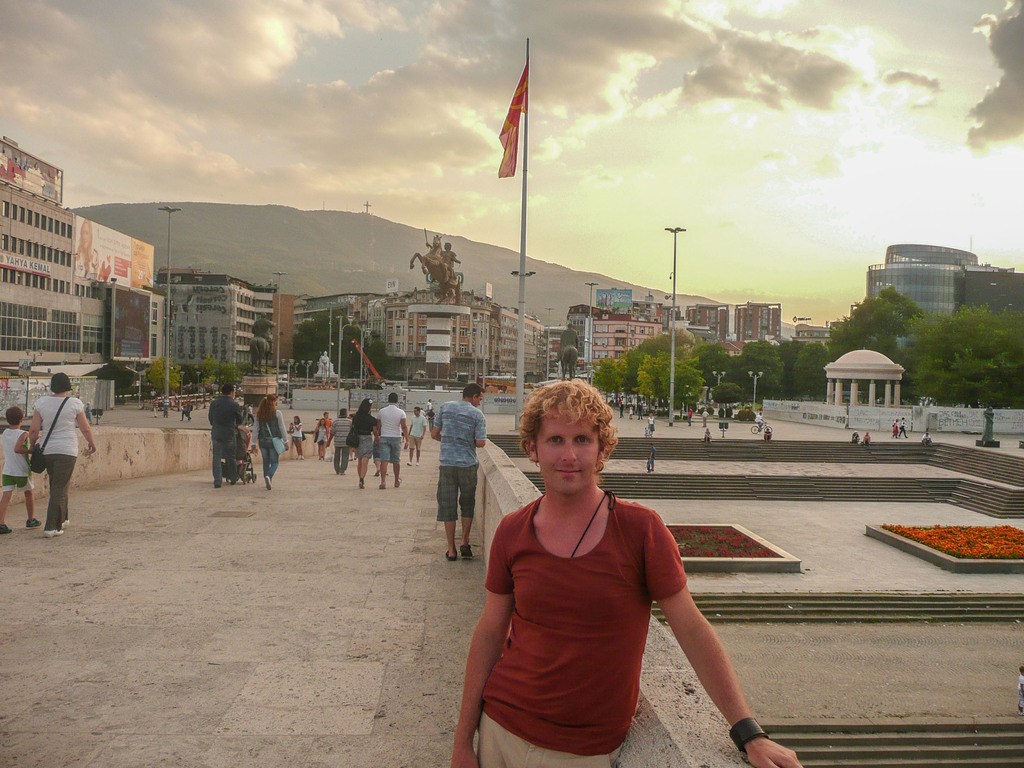
If you're anything like me, you're always looking for new and exciting travel experiences that won't break the bank. That's why I've learned to prioritise budget-friendly destinations when planning my trips.
A great budget-friendly destination is Southeast Asia. From the bustling streets of Bangkok to the pristine beaches of Bali, there's no shortage of incredible experiences to be had in this part of the world … and many of them I’ve had. And best of all, the cost of living is much lower than in many other popular tourist destinations, making it a great choice for budget-conscious travellers.


Another opportune budget-friendly destination is Central America. From the ancient ruins of Tikal to the stunning beaches of Costa Rica, this region is full of hidden gems. And with affordable flights and budget-friendly accommodation options, it's a great choice for travellers on a tight budget.
Eastern and Central Europe are other regions that should be on every budget-conscious traveller's radar. There are charming streets in almost every capital (such as Prague and Budapest) with countless amazing experiences to be had. And with affordable accommodation, food, and transportation options, you can stretch your budget much further than you might think.
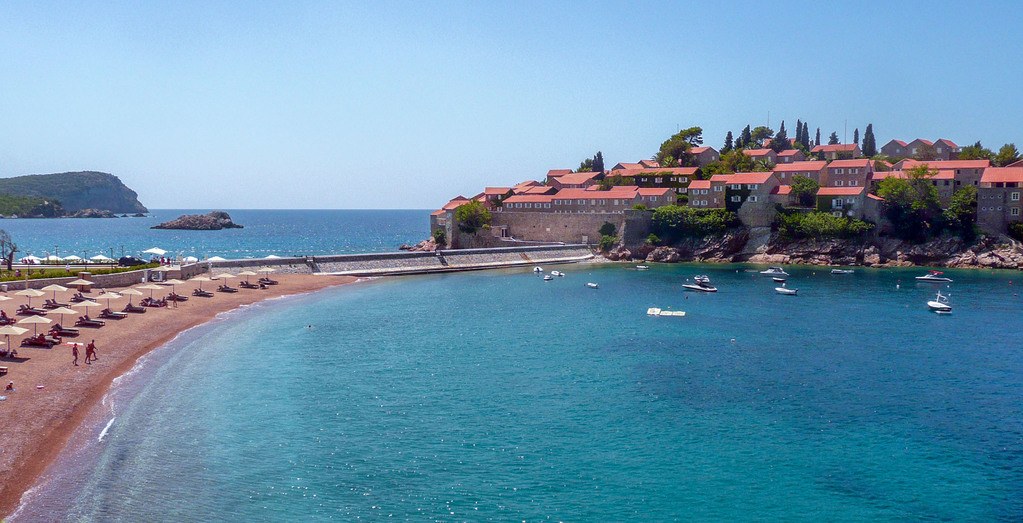

So don't be afraid to step off the beaten path and explore some of these budget-friendly destinations.
Find affordable accommodation
This has already been mentioned but it’s worth going over again. Accommodation can take up a significant portion of your travel budget, so it's important to find affordable options.
Hostels, guesthouses, homestays, and house sitting, are great options that offer budget-friendly rates. I’ve used all of them over the years and it’s meant having longer and often more meaningful trips (albeit with fewer destinations).
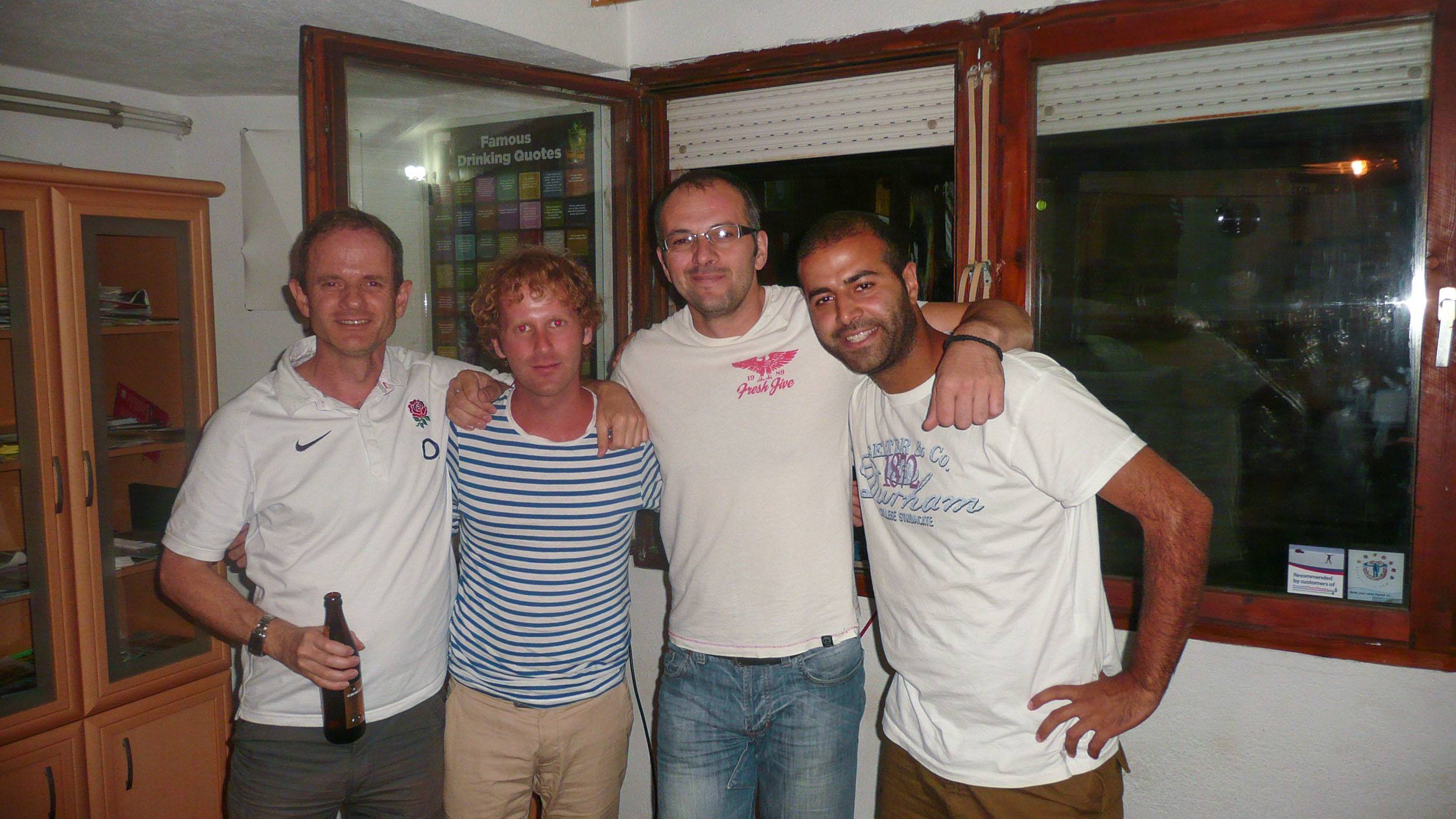
Staying in budget accommodation can be great but it's important to take necessary precautions to stay safe. Here are some recommendations:
Research the area before booking
- Do some research on the area where the budget accommodation is located. Check if it's a safe and secure neighbourhood and see if there are any areas or streets to avoid.
Read reviews
- Read reviews from previous guests who have stayed there. This can give you a good idea of the safety and general vibes of the place.
Choose accommodation with good security in high-risk areas
- Look for budget accommodation that has secure locks on the doors, CCTV cameras, and a reception desk that is staffed 24/7.
Keep your valuables safe
- Keep cash, passports, and electronics in a secure location, such as a locker or a safe.
Be aware of your surroundings
- When leaving or entering the budget accommodation, take notice of your surroundings. Avoid walking alone at night and stick to well-lit and busy streets.
Trust your instincts
- If something feels off or unsafe, trust your instincts and remove yourself from the situation.
Remember to prioritise your safety and security above all else when travelling.
Pace yourself
One of the best ways to save money while travelling is to slow down. Instead of trying to cram too many destinations into a short amount of time, take the time to really explore each place you visit.
By spending more time in each location, you'll not only save money on transportation costs, but you'll also have the chance to immerse yourself in the local culture and truly experience everything that the destination has to offer.

I'll be honest, I used to be a bit of a travel speedster, jumping from one city to the next without stopping to really appreciate what each place had to offer. But over time, I've learned to embrace slow travel and it has made all the difference in my travel experiences.
Now, particularly as a solo traveller, I prefer to spend at least a few days in each destination, really getting to know local ways and exploring much of what the area has to offer.
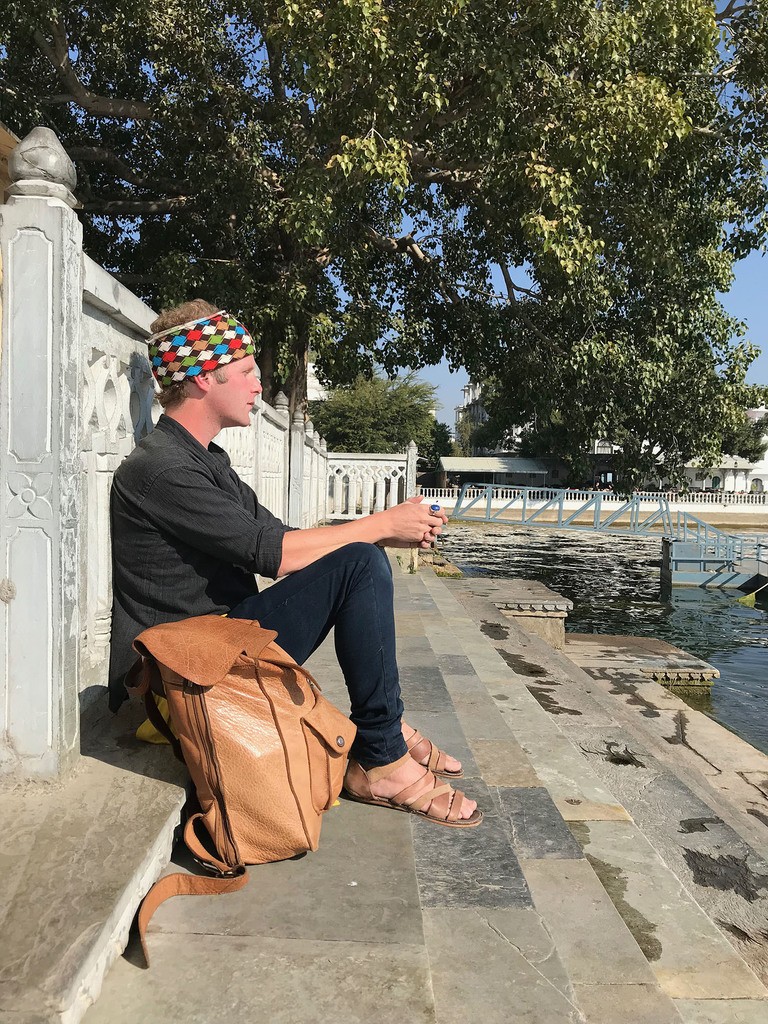



Not only does this approach save me money, but it also allows me to fully appreciate the beauty of each place I visit (even if it’s not aesthetically beautiful).
So, if you're looking to save money and have a more authentic travel experience, consider slowing down and taking your time. Trust me, it's worth it!
Here are some tips to help you pace yourself while travelling:
Spend more time in fewer places
- Instead of trying to cram in as many destinations as possible, focus on exploring a few places more in-depth. This will not only save you money on transportation costs but also allow you to really get to know a place.
Take advantage of long-term accommodation options
- Consider staying in an apartment or vacation rental for a week or more, as this can be much more cost-effective than staying in a hotel for several nights.
Travel during the shoulder season
- By travelling during the shoulder season (the period between peak and off-peak travel times), you can often find lower prices on accommodation, flights, and activities.
Take breaks
- Don't feel like you have to be on-the-go all the time. Take breaks to relax, read a book, or simply enjoy the scenery.
Examples of destinations where you can pace yourself and really take your time to explore include:
Bali, Indonesia
- Bali has a laid-back atmosphere and plenty of natural beauty to explore, from rice terraces to waterfalls.
Costa Rica
- With its lush rainforests, stunning beaches, and abundant wildlife, Costa Rica is a great destination for slow travel.
Peru
- From Machu Picchu to the colourful markets of Cusco, Peru has plenty of attractions to keep you busy for weeks.
Thailand
- Thailand has a rich cultural heritage, delicious cuisine, and plenty of opportunities for outdoor activities like trekking and snorkelling.
New Zealand
- With its stunning landscapes, friendly locals, and world-class outdoor activities, New Zealand is a great destination for slow travel.
Cook your own meals
Eating out can quickly become expensive, especially if you're travelling to popular tourist destinations where restaurants and cafes charge a premium.
To save money on food, consider cooking your own meals. Many hostels and budget accommodation have shared kitchens that you can use. Not only will this save you money, but it's also a great way to meet other travellers and exchange tips.
Although I do love trying the cuisine in each place I visit, I’ve found that cooking my own food (at least a few times a week) while travelling has enabled me to cut costs and stay longer.
Eating out can quickly add up and eat into your budget. Visit local markets and grocery stores to stock up on ingredients.
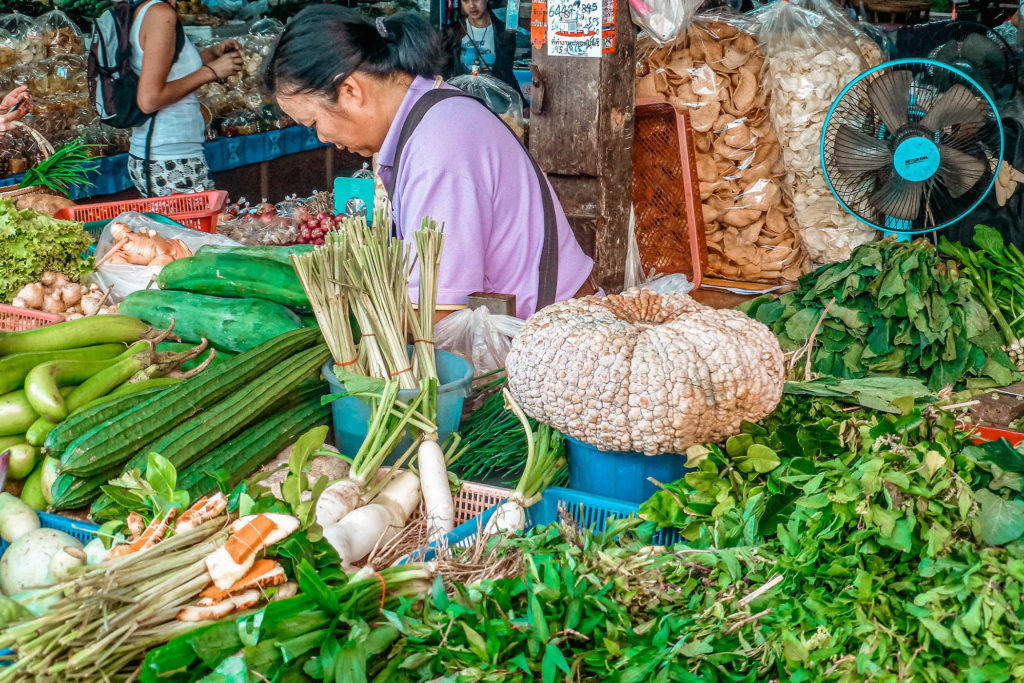
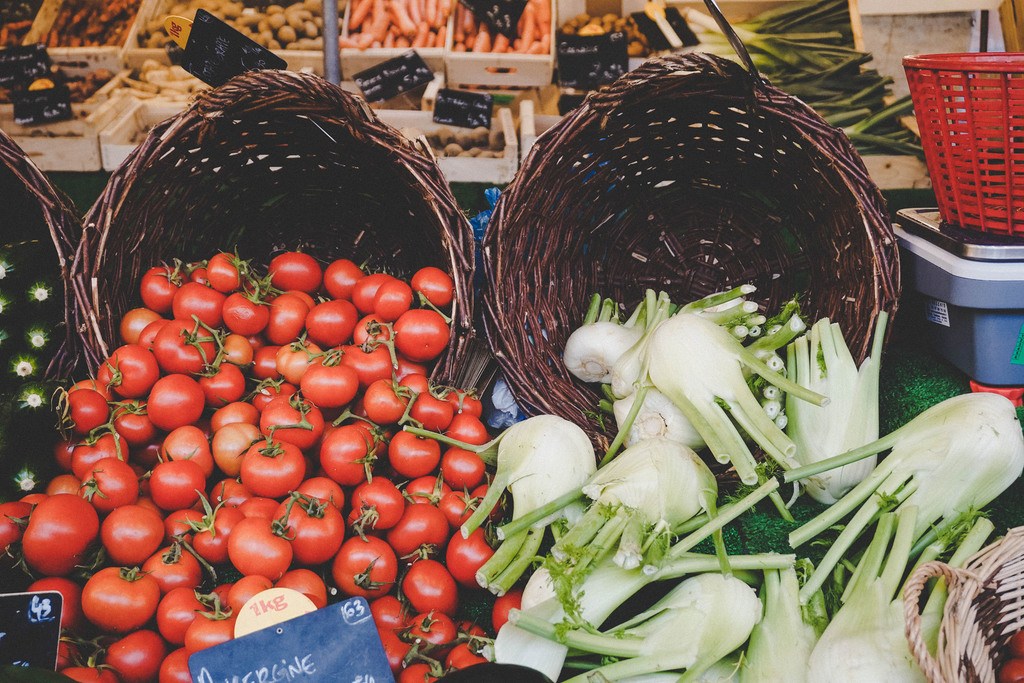
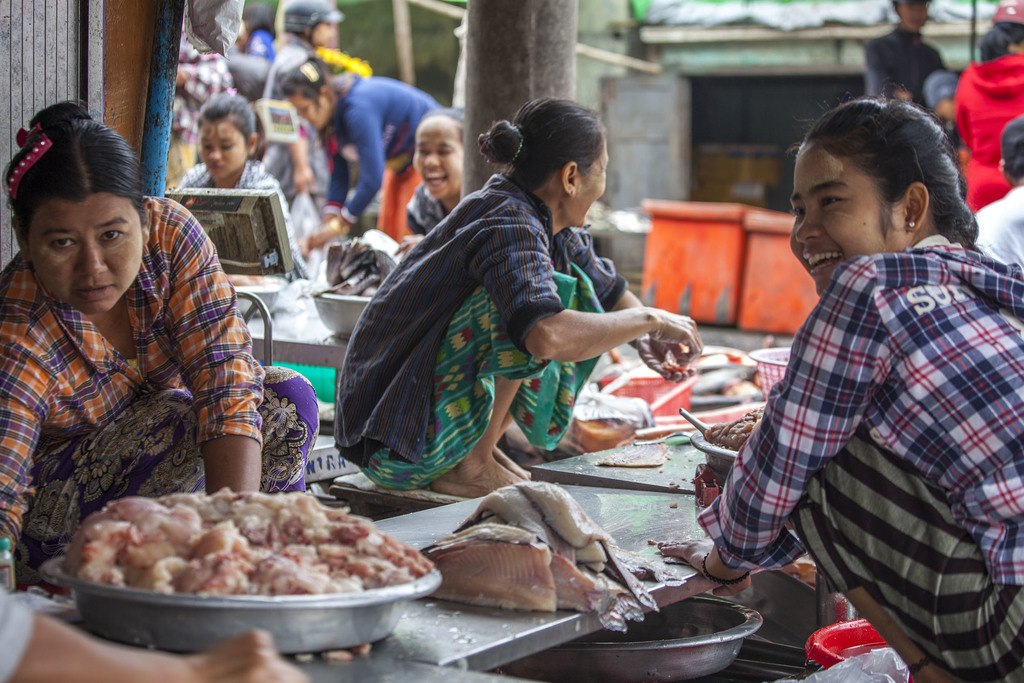

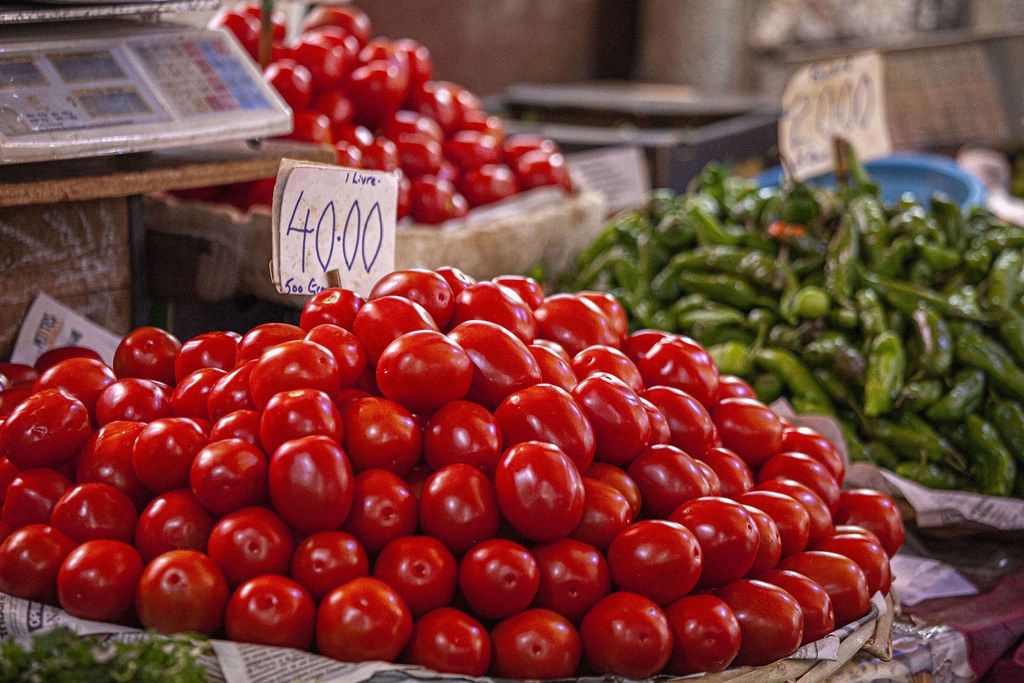

If you’re truly devoted to this, then consider investing in a tiny portable stove (helpful also if you’re planning to camp a lot).
If you're not staying in a place with a kitchen, you can still prepare simple meals with a few key tools. As mentioned, a small travel stove can be a great investment for outdoor enthusiasts, while a mini-fridge can be useful for storing food and drinks. If you're on a road trip, consider bringing a cooler to keep perishable items fresh.
Another option is to pack snacks and simple foods that don't require cooking, such as nuts, fruits, and sandwiches. This can help you avoid expensive airport or convenience store food and give you more flexibility with your mealtimes.
If you do want to eat out, look for local restaurants that offer affordable - but delicious - meals. Street food can be a great option, as it's often cheaper than restaurant food and offers authenticity (albeit without the dining experience). I regularly ask locals for recommendations on where to eat.
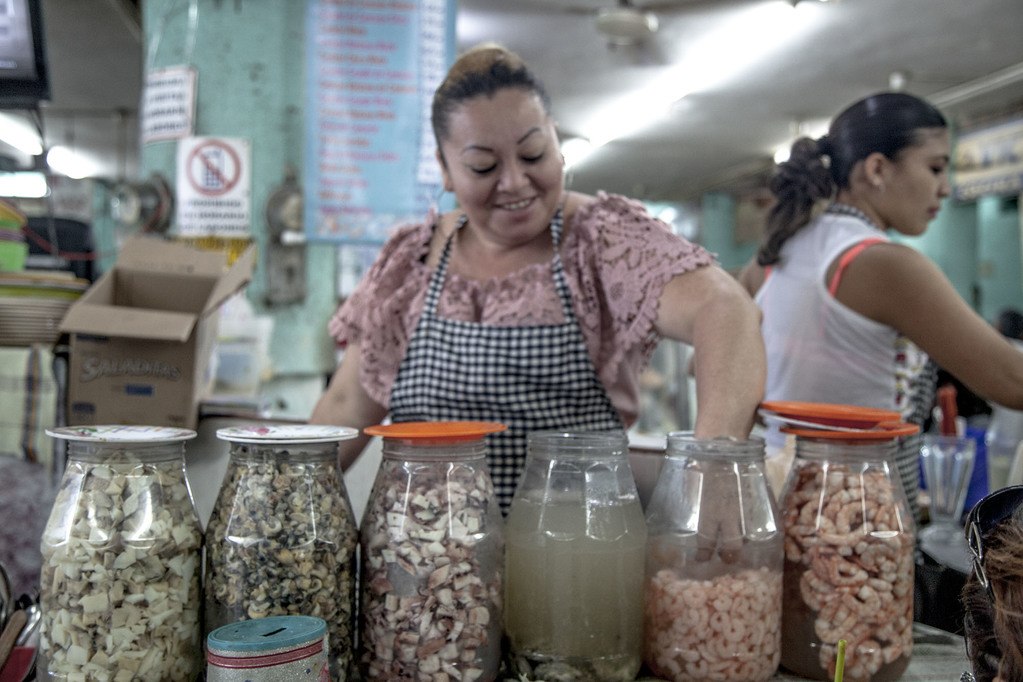
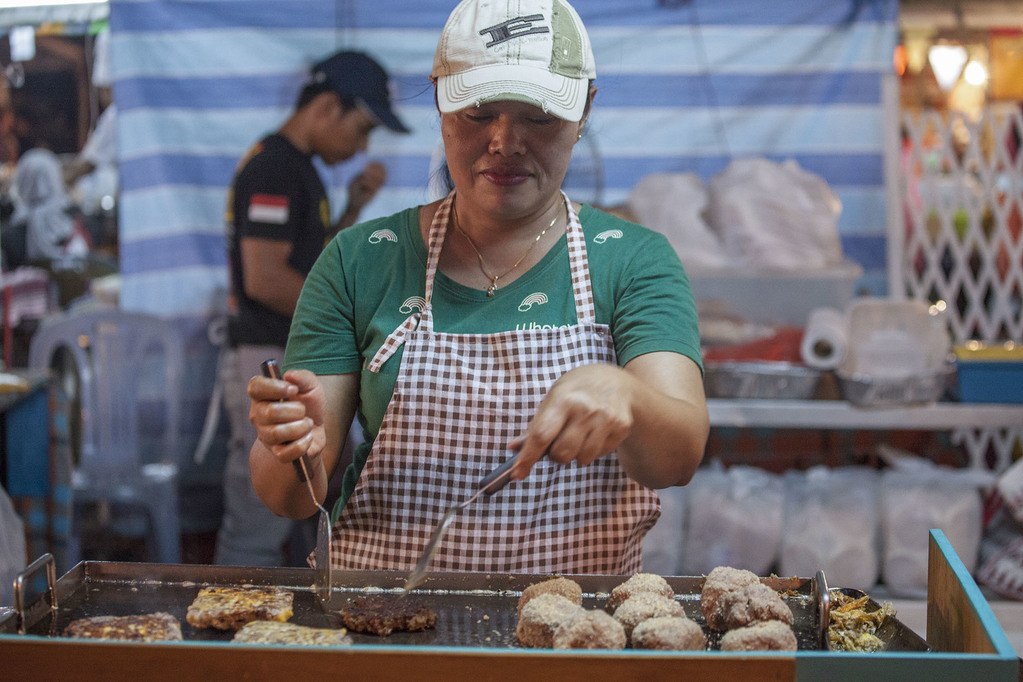
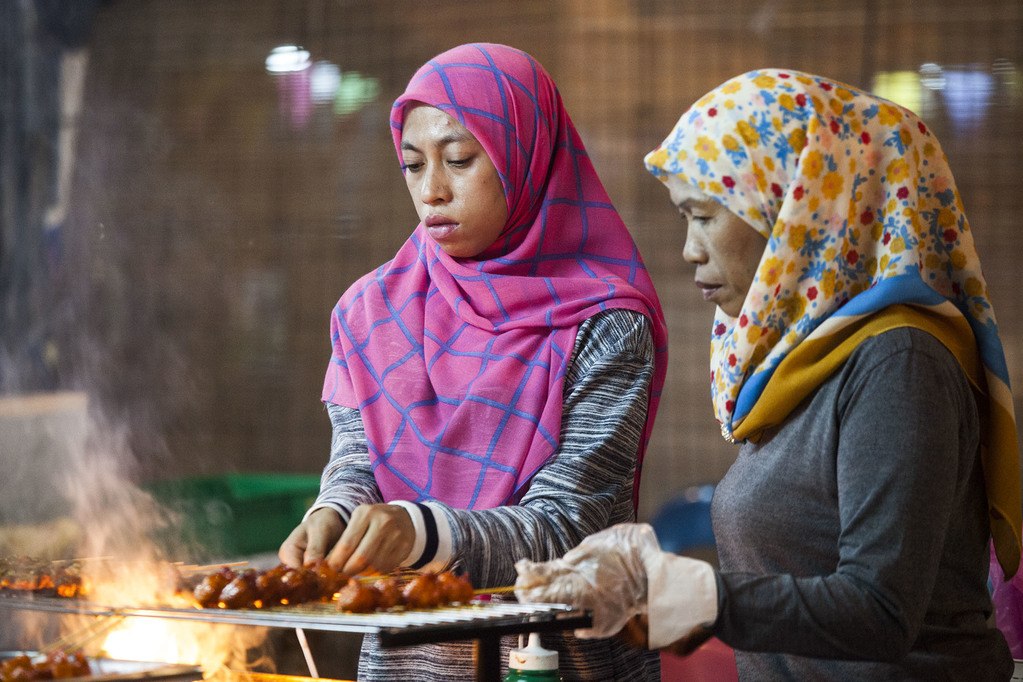
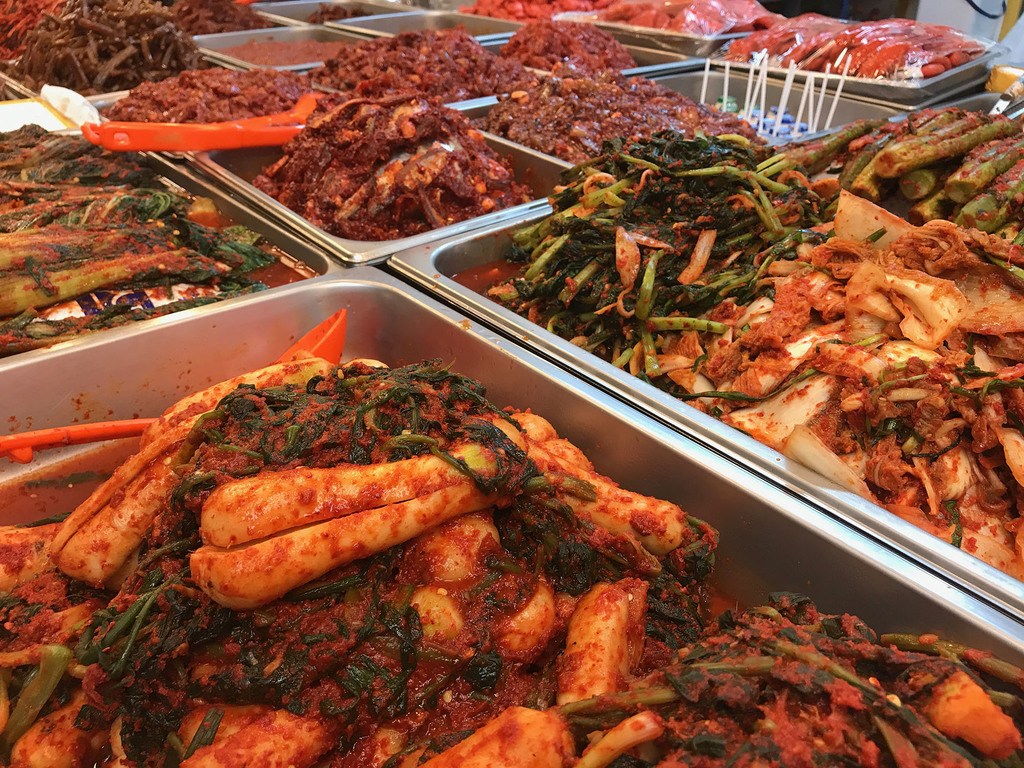
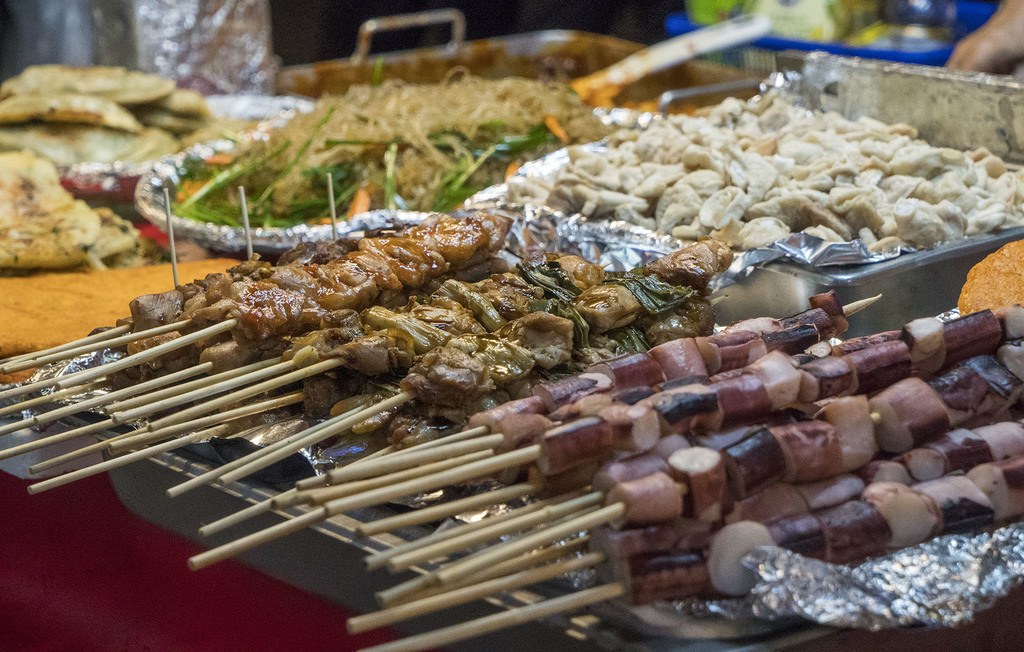

When it comes to drinks, avoid purchasing bottled water and instead bring a refillable water bottle with you. Many airports and tourist attractions have water fountains where you can fill up for free.
In ancient Rome, a sophisticated system of aqueducts and pipes was developed to transport water from distant sources to the city, providing free and accessible water to its citizens. It has allowed for public fountains or "nasoni” (which means "big noses"), because of their distinctive shape.
Today, these fountains are still ubiquitous throughout the city, and the water that flows from them is safe to drink, as it is regularly tested and maintained. While living in Rome I daily took advantage of the free, refreshing water. It’s become a cultural symbol of the city.
Buy bottled water in parts of the world where tap water is not safe to drink.
Opt for free activities
There are plenty of free activities to enjoy in any destination, such as hiking, exploring museums and galleries, visiting public parks, and attending local festivals and events. Do some research ahead of time to find out what free activities are available in your destination.
Here are some ideas, a few of which I’ve done over the years:
Go hiking in national parks
- Central America is home to some stunning national parks, many of which offer free hiking trails.
- For example, Parque Nacional Volcán Arenal in Costa Rica is a popular hiking destination with several free trails.
- There are plenty of free hiking options in South Korea.

Visit Beaches
- Many beaches around the world are free to visit. They’re a great place to experience natural beauty while topping up on Vitamin D and passing time.
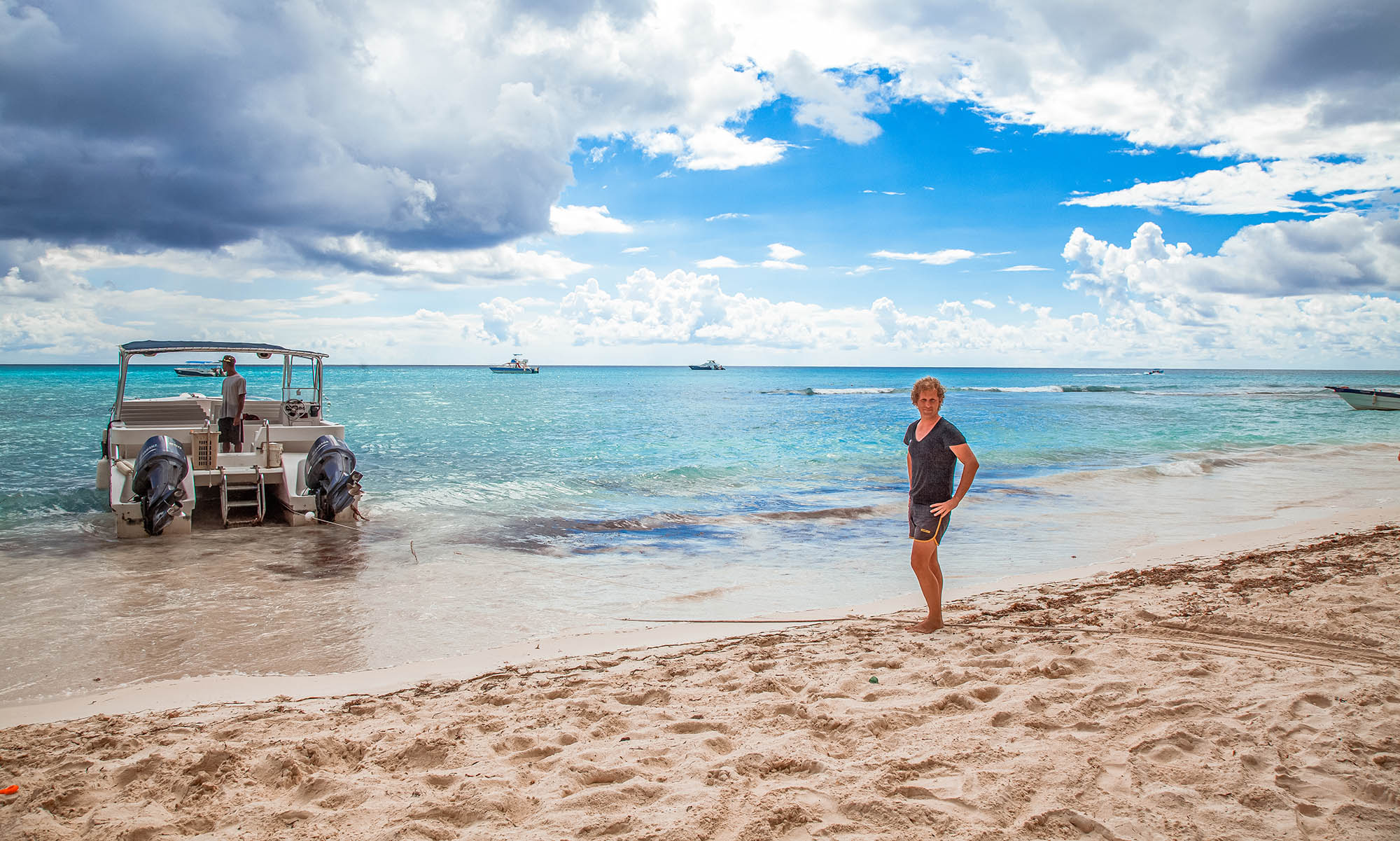
Attend free walking tours
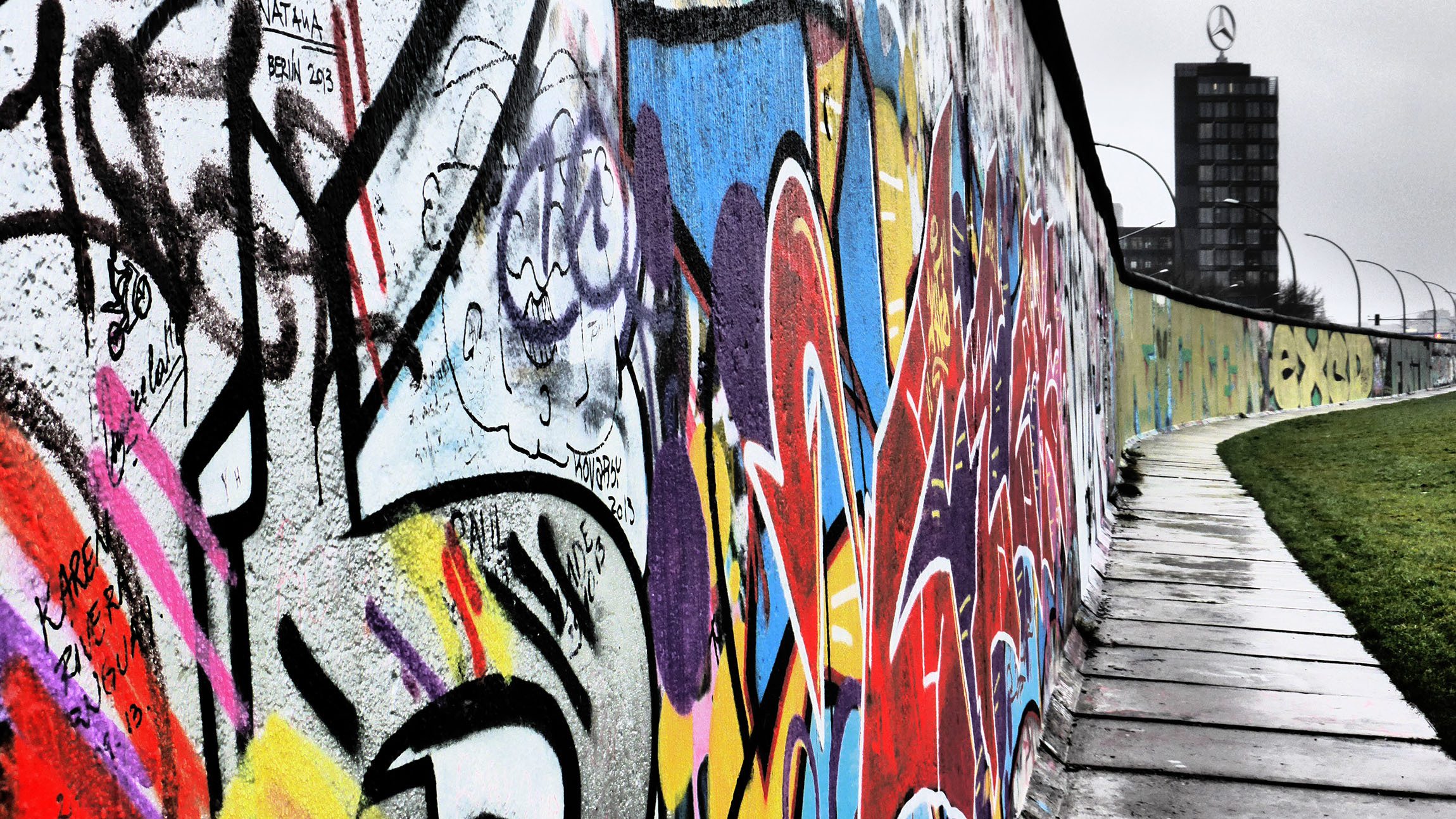
Browse at markets
- Visiting local markets is a great way to experience the culture of a destination, and many are free to visit.
- The Chatuchak Weekend Market in Bangkok is massive and free to enter. It offers everything from clothing to food to souvenirs.
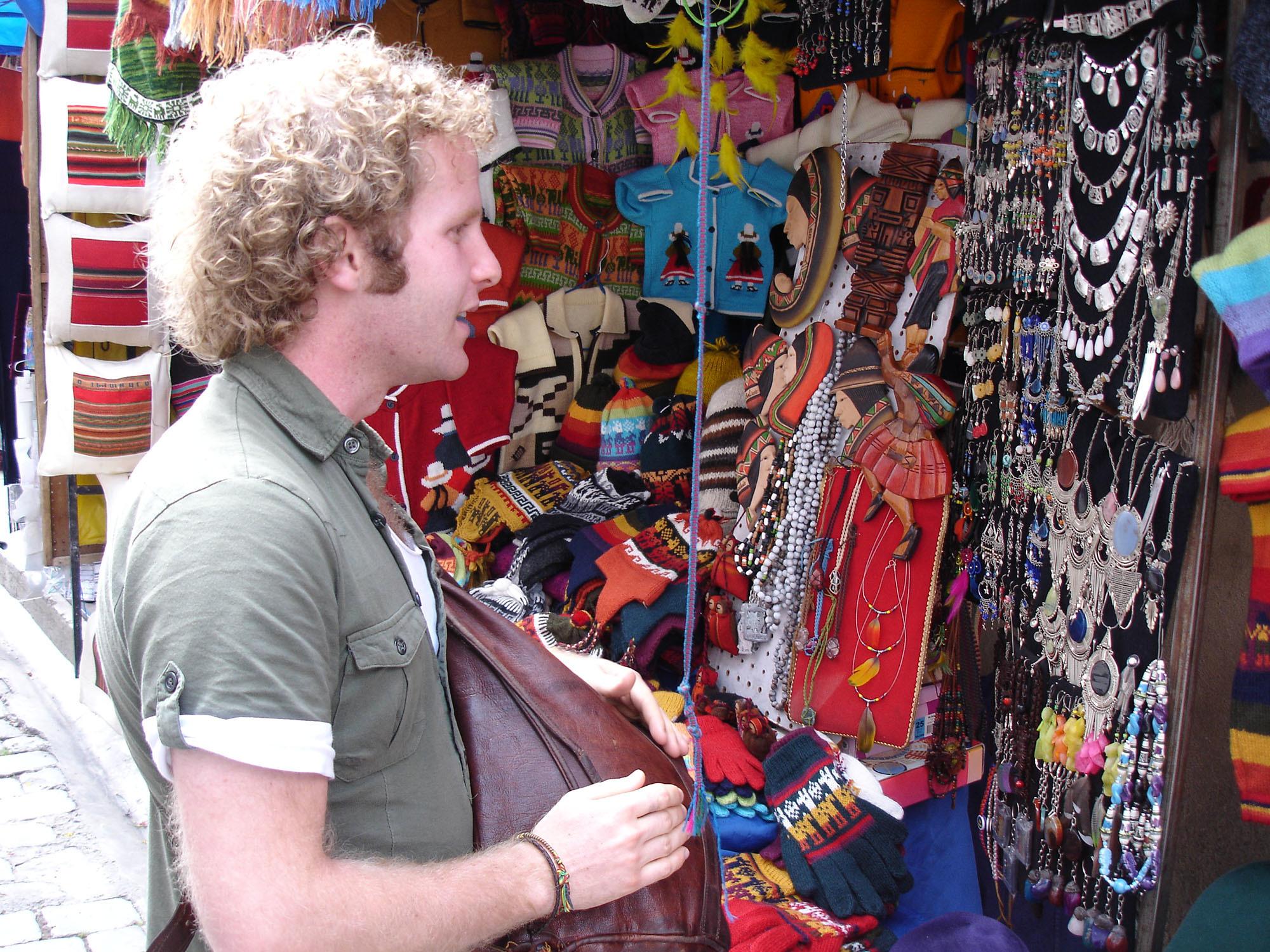
Wander around gardens and parks
- The Royal Botanic Garden is a beautiful park that offers free guided tours and has stunning views of the Sydney Opera House and Harbour Bridge. Additionally, the Museum of Contemporary Art in Sydney has free admission and is a great way to experience Australian art and culture.
- The Jardin Majorelle is a beautiful botanical garden in Marrakech, Morocco, that was once owned by Yves Saint Laurent and is now open to the public free of charge.

Attend festivals
- Central America is known for its colourful and vibrant festivals, many of which are free to attend.
- The Dia de los Muertos celebrations in Guatemala, for example, are a colourful and lively affair that are free to join.
- I attended the three-day Desert Festival in Rajasthan, India, which was an explosion of dance, music and vivid colour.
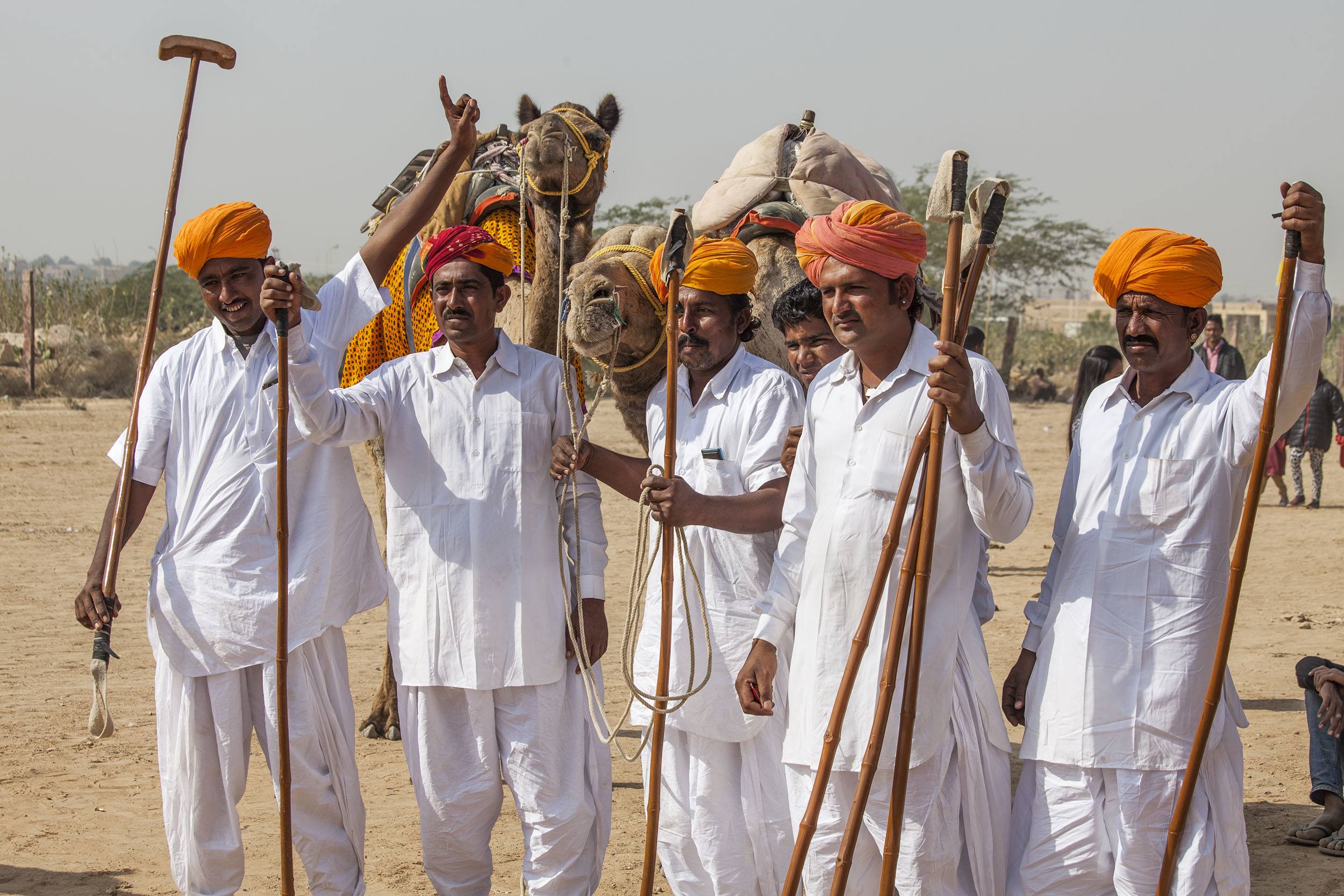
Use public transportation
When it comes to getting around while travelling, I'm always on the lookout for the most cost-effective option. And more often than not, public transportation is the way to go. Not only is it significantly cheaper than taking a taxi or ride-sharing service, but it also gives you a chance to see the city like a local.
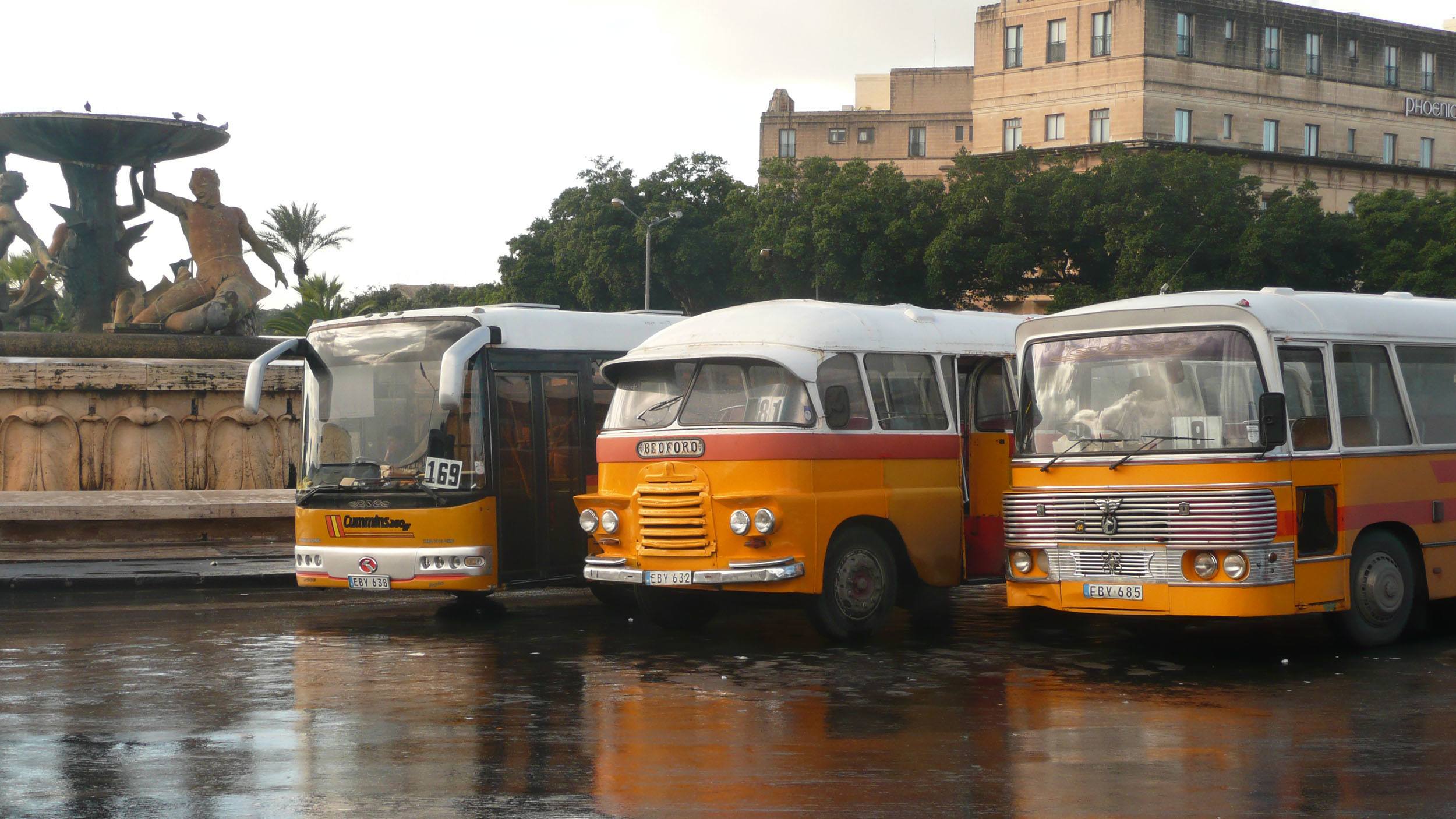
One of my favourite travel experiences was when I first arrived in Cairo and decided to take the public bus from the airport to the city. It was definitely slower than taking a taxi, but it gave me a chance to experience the city like a true local (given I was the only non-Egyptian on the bus). And the best part? It only cost me a fraction of what a taxi would have.
Of course, public transportation isn't always the most convenient option, especially if you're short on time. But if you have the time and are looking for a more affordable and authentic travel experience, I highly recommend giving it a try.
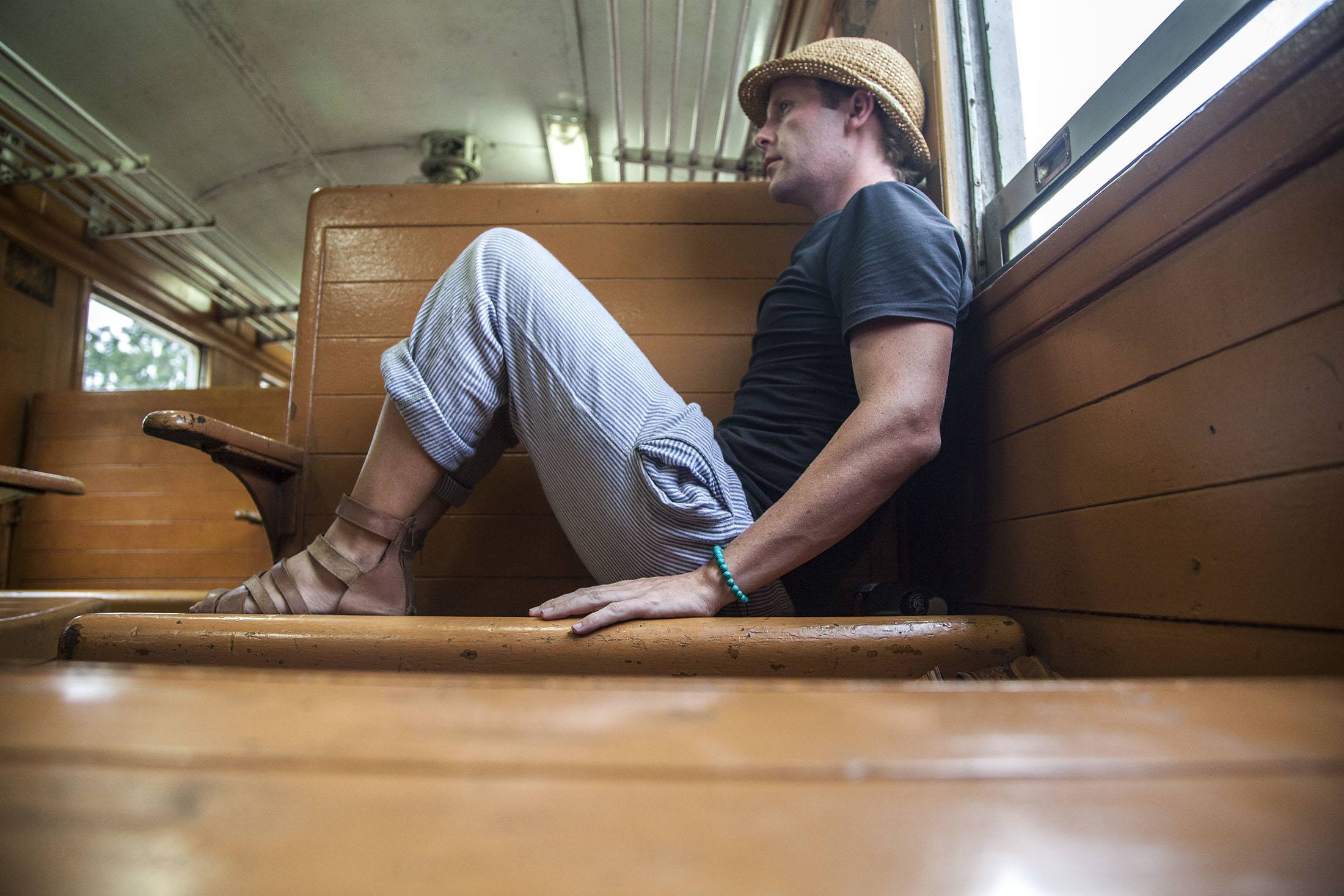
And if all else fails, you can always rent a bike or explore the area on foot.
Here are some examples from around the world:
Berlin, Germany
- Berlin has an extensive public transportation system, which includes buses, trams, trains, and subways. Visitors can purchase daily or weekly passes to save money.
- There are also several bike-sharing programs, such as Call-a-Bike and Nextbike, which offer affordable bike rentals.
Amsterdam, Netherlands
- Amsterdam is known for its bike-friendly culture and has many bike rental options available for visitors. There are bike-sharing programs like OV-fiets, which allows people to rent bikes for a low daily fee.
- Biking is not only a cheap way to get around but also allows you to explore the city at your own pace.
Paris, France
- There is a free bike-sharing initiative called the Vélib' system which provides free bike rentals for short periods.
Bangkok, Thailand
- Bangkok has a well-developed public transportation system, including buses, trains, and boats. Visitors can purchase a rechargeable Rabbit card to use on all forms of public transportation.
New York City, USA
- New York City has an extensive subway system that can take you to most major attractions in the city. Purchase a MetroCard to save money on costs.
Tokyo, Japan
- Tokyo has an efficient and extensive public transportation system, including trains, subways, and buses. You can purchase a Pasmo or Suica card to use everywhere.
Overall, using public transportation or renting a bike is a great way to save money and experience a destination like a local.
Take advantage of discounts and deals
As a seasoned traveller on a budget, I've learned to always be on the lookout for discounts and deals. Whenever I'm planning a trip, I make a point to research whether there are any special offers available for the attractions I want to visit.
When I was living in Rome, I would tell friends about the last Sunday of the month (if they wanted to see the Vatican Museum). This is when the Vatican Museum offers free admission, which is a great way to save money and avoid the long lines and crowds.

Many other cities and attractions also offer similar discounts and deals, so it's always worth doing a bit of research beforehand. You can even find travel passes or city cards that offer discounts on multiple attractions, which can add up to significant savings in the long run.
So don't be afraid to do a little digging and take advantage of the discounts and deals available. Your wallet will thank you!
Here are some specific examples:
CityPASS
- CityPASS is a discount program that offers discounted admission to some of the most popular attractions in major cities across the USA. For example, in New York City, CityPASS includes admission to the Empire State Building, the American Museum of Natural History, and the Metropolitan Museum of Art, among other attractions.
- By purchasing a CityPASS, you can save up to 50% off regular admission prices.
Student discounts
- Many museums, galleries, and attractions offer discounted admission to students with a valid ID. For example, the Louvre Museum in Paris offers free admission to students under 26 with a valid ID.
Senior discounts
- Seniors can often get discounts on admission fees or transportation. For example, in London, seniors can get discounted fares on public transportation with a Senior Oyster Card.
Group discounts
- Many attractions offer group discounts for groups of 10 or more. For example, the Eiffel Tower in Paris offers discounted rates for groups of 20 or more.
Free admission days
- Some attractions offer free admission on certain days of the week or month. For example, the Vatican Museums in Rome are free to visit on the last Sunday of every month.
By taking advantage of discounts and deals, you can save money on admission fees, making it a tiny bit easier to travel on a budget.
Use technology to your advantage
There are plenty of apps and websites that can help you save money while travelling. I’m particularly fond of Hostelworld which has served me very well for several decades.
Skyscanner, too, helps me hunt down the cheapest available fares. I don’t always book through Skyscanner, but it does lead me to the right fare.
Instagram and TikTok can provide inspiration for free and low-cost activities in your destination.
Here are some additional tips and examples:
Use public transportation apps
- Many cities around the world have public transportation apps that can help you navigate their transit systems.
- For example, in Tokyo, Japan, you can use the Tokyo Subway Navigation app to plan your route and find the most affordable fares.
- In Singapore, you can use the SG Transport app to view real-time transit information and plan your journey.
Take advantage of ride-sharing services
- In some countries, ride-sharing services can be more affordable than taxis and sometimes not much more than public transportation fares (if you’re concerned about personal safety on buses or metro services).
- In Thailand, for example, Grab is a popular ride-sharing app that can help you get around at a lower cost than traditional taxis.
Use restaurant and food apps
- Apps like Yelp, Foursquare, and TripAdvisor can help you find affordable and delicious restaurants in your destination.
Download offline maps
- Instead of relying on expensive data plans or Wi-Fi, consider downloading offline maps to your smartphone. Maps.me allows you to navigate without an internet connection.
Check for local deals and discounts
- Many destinations have their own apps and websites that offer discounts on attractions, transportation, and dining.
- For example, in Dubai, the Entertainer app provides buy-one-get-one-free deals on everything from restaurants to water parks.
By using technology to your advantage, you can save money and make the most of your travels no matter where you are in the world.
Embrace the right mindset for budget travel
Choosing the right mentality is a crucial factor when travelling on a budget.
It's easy to get caught up in the idea that budget travel means sacrificing comfort or missing out on experiences, but with the right mindset, you can actually enhance your travel experience. Doing so has been my recipe for success, allowing me to travel extensively since I first left Australia at 18.

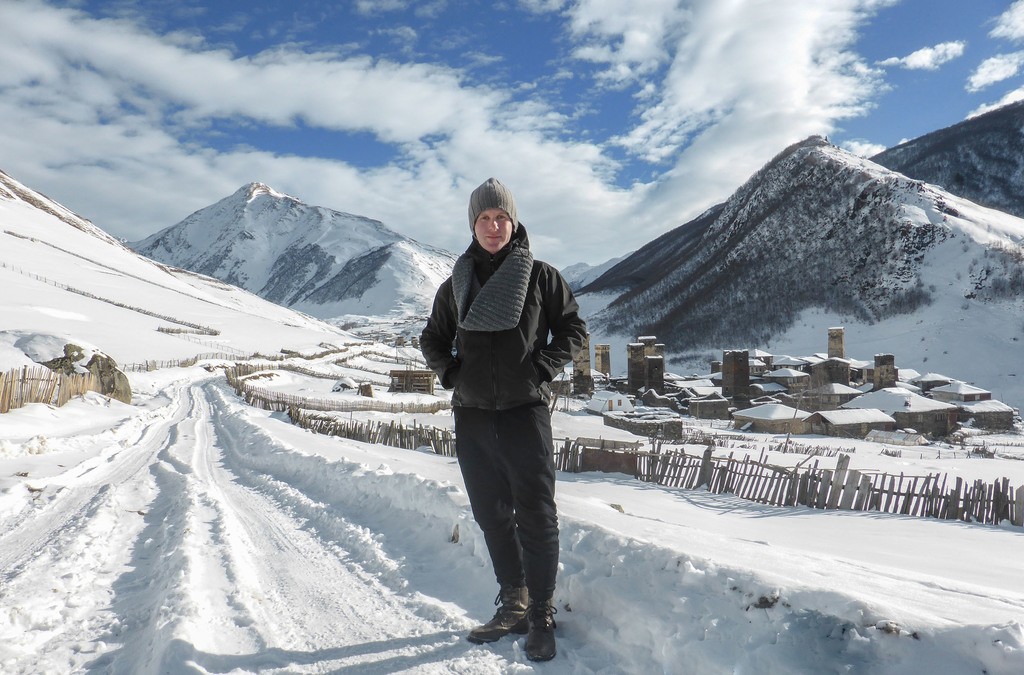

Here are some tips to help you adopt a positive mindset when travelling on a budget:
Embrace the adventure
- Remember that travel is all about adventure and experiencing new things. Even if you can't afford luxurious hotels or expensive tours, you can still have an amazing time exploring new places, meeting new people, and trying new foods.
Focus on what you can do
- Instead of dwelling on what you can't afford, focus on what you can do. Enjoy the local culture, and appreciate the small things. Sometimes the most memorable experiences are the ones that don't cost a cent.
Be open-minded
- Travelling on a budget often means stepping out of your comfort zone. Embrace the unexpected and be open to trying new things. You might be surprised at how much you enjoy travelling like a local or staying in a hostel.
Practice gratitude
- Instead of focusing on what you don't have, practice gratitude for what you do have. Be grateful for the opportunity to travel, for the experiences you've had, and for the people you've met along the way.
Keep a positive attitude
- Travelling on a budget can be challenging at times, but it's important to maintain a positive attitude. Don't let setbacks or obstacles get you down. Instead, look for solutions and stay focused on your goals.
By adopting a positive mindset, you can make the most of your budget travel experience and create memories that will last a lifetime. Remember, travel is not just about where you go, but how you experience it.
My recipe: How to Travel on $30 a Day
Here's a breakdown of how I have over the years spent $30 a day on my travels, and how you can budget to do the same:
Accommodation
- Stay in a hostel (or ideally, participate in a homestay, couch surf or house sit). In Southeast Asia, dorm rooms cost as little as $5-10 a night. I’ve tried to spend less than $10.
Meals
- Cook your own meals. Buy groceries from local and take advantage of hostel kitchens. Eat street food. On average, you can spend $5 a day on food.
Transportation
- Use buses or trains, to get around. A one-way bus or train ticket can cost as little as $1-2 in many countries (particularly in the developing world).
Activities
- Look for free or low-cost activities, such as hiking, visiting public parks, or exploring local markets. Ask locals for advice. Spend no more than $10 a day on activities.
Miscellaneous expenses
- This includes things like toiletries, souvenirs, and any other expenses that don't fit into the above categories. Budget around $5 a day for these expenses.
By following this very simple breakdown, you can easily travel on $30 a day or less (especially if you adopt the right mindset), depending on your destination and travel style.
Keep in mind that this is just an example, and you may need to adjust your spending based on your own preferences and the cost of living in your destination.
Disclaimer
I did this a lot in my twenties. Now I’m in my thirties, my budget has increased, and I prefer to spend more (as I prefer to have a few creature comforts and there are age limits to staying in some hostels).
Note
The $30 a day budget mentioned in this article is based on either US or Australian currency, which may vary depending on your destination and currency exchange rates. However, the core idea of budget travel remains the same – focus on finding affordable accommodation, cooking your own meals, using public transportation, and looking for free or low-cost activities. By following these tips and being flexible with your spending, you can travel on a small budget and still have a fulfilling travel experience.




Interesting, comprehensive and very well written. Thank you
Hi Heidi,
Thank you so much for taking the time to read the article and leaving such a kind comment! I’m glad to hear you found it interesting.
Have a wonderful day!
Absolutely loved it. Well written and so informative. Thank you
Hi Jayne,
Thanks for taking the time to read it and for leaving kind and encouraging feedback.
I hope you’re well.
Have a great weekend!